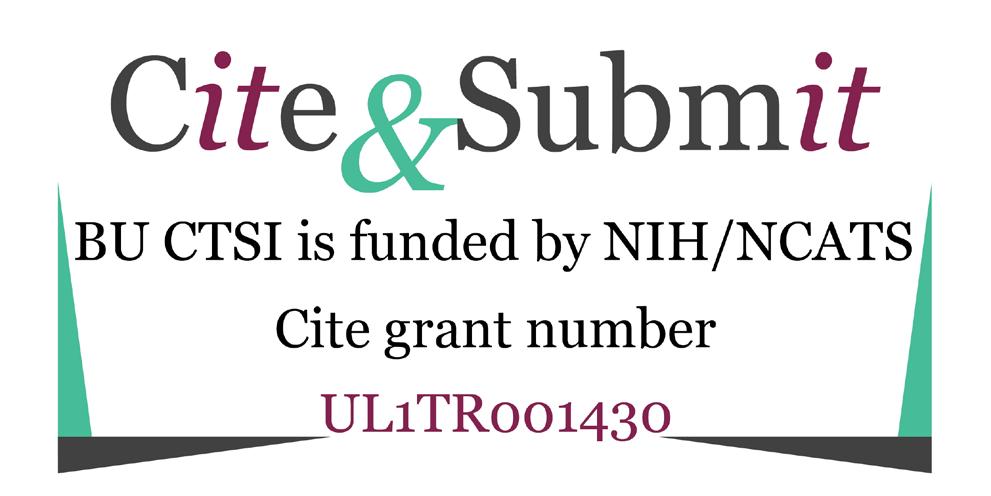




























We are delighted to present this report from the Boston University Clinical and Translational Science Institute (BU CTSI) for 2022. The BU CTSI has affected most aspects of translational research since it was first funded by the National Institutes of Health in 2008. The original, and continued, goal of our CTSI is to build a translational science infrastructure that supports standard research practices and funds novel ideas from BU and BMC scientists.
Our focus is improving the health of structurally marginalized populations. We strive to bridge the gaps across disciplines, schools, and departments to yield the very best translational science and translational research. Diversity, equity, and inclusion are core values of our Institute including recognizing the value of a diverse workforce and leadership, ensuring deep community partnerships, and developing strategies to engage diverse populations as research participants. We have continued to lead efforts across the University to support and catalyze COVID-19 related translational science including hosting a symposium focused on translational science lessons learned from the pandemic.
David Center, MD - Megan Bair-Merritt, MD, MSCE - In memoriam; Richard Saitz, MD
MPH, FACP, DFASAMWe are now in the third year of our competitive grant renewal that spans the time period from April 15, 2020, to March 31, 2025.
To note a few highlights:
We support new and ongoing research through programs in community engagement, bioinformatics, statistics, regulatory knowledge for clinical studies, and recruitment of study participants. For example, our Community Engagement (CE) Program has launched a Research Partnership Scholars grant, funding community-academic teams to develop partnerships around shared areas of research interest. The CE Program also has established an Equity in Health Research Community Advisory Board, and has continued to educate our community around best practices in CE. Our bioinformatics team continues to build foundational data systems and networks, leading the country in the establishment of data platforms that bring together clinical data and social and environmental data to create a more holistic picture of predictors of health. We have participated in the NCATS ENACT Network, an i2B2-based Electrontic Health Records (EHR) research platform to enable investigators at CTSA hubs to conduct EHR research on any condition using de-identified data from>142 million patients, and have partnered with BMC’s Health Equity Accelerator to expand our systems for place-based data in our OMOP CDM-based Data for Equity (D4E) platform.
We continue to fund individual pilot projects and team science Affinity Research Collaboratives (ARCs), distributing over $750,000 in awards, with most funding early career investigators and team science. Unique to the CTSI, one program is examining the effects of COVID-19 on implementing treatments for opioid use disorder (Z. Weinstein) and another is developing a GeneHive tool to store and integrate human clinical data with individual RNA and DNA sequences toward the development of algorithms for individualized medicine (A. Gower and M. Lenburg).
Our TL1 National Research Service Award (NRSA) Program provides protected time for PhD students and postdoctoral fellows to learn the skills of regenerative medicine using inducible pluripotential stem cell technology. Similarly, our KL2 provides protected time for early-career research faculty members to develop and advance their research careers. Our Workforce Development Programs support networking and skill building for research faculty and staff, as demonstrated by the interviews with three early career faculty who have participated in our programs and by the data presented by the Research Professionals Network, which continued to adapt and improve delivery in response to the pandemic.
We are committed to full data sharing, to disseminating our results to all interested parties, and to examining the ways in which our science moves policy. To that end, we are engaging in an initiative using a new tool licensed from Overton to analyze policy documents for citations related to our communities’ research. Early findings suggest broad impact of our COVID-19 research on US policies and those of countries around the world.
Our success has been a team effort between our partner Boston Medical Center, our affiliates in the VA Health Care System, and the many strategic alliances showcased in this report. We have collaborated on common goals and activities to collectively advance translational science that efficiently delivers effective interventions and treatments to more people.
For those of you who have engaged with our programs before, we look forward to continuing to work with you. For those of you who are new, we look forward to meeting you and to providing new and essential tools for your research. 2

We continue to emphasize our commitment to supporting the study of factors that influence health and health care in structurally marginalized patient populations. ”
PARTNER
The BU CTSI’s vision is to be the strongest possible advocate for, and to participate in, translational research that serves the health needs of our diverse patient populations by creating superior resources that can be integrated with the national Clinical Translational Science Awards (CTSA) network.
Aim 1: Discover, demonstrate, deploy, and disseminate novel training methods that enhance the continuous development of our translational science workforce and create new opportunities for advancement.
Aim 2: Develop the most efficient and comprehensive clinical trials hub possible by drawing upon the integrated resources of all our partners.
Aim 3: Foster meaningful multi-directional relationships among our community stakeholders, to extend collaborative translational research across the lifespan of our special populations, and enable novel approaches that advance the integration of research into health care.
Aim 4: In collaboration with other CTSA hubs, discover, develop, and disseminate innovative tools to improve research on treatments and diagnostics that address national health problems.
Our Partners & Affiliates
INSTITUTIONS
• Veterans Administration Boston Healthcare System (VABHS)

• Edith Nourse Rogers Memorial Veterans Hospital, Bedford, MA




“Provide tools, services, and resources to clinical investigators, to maximize the impact of discoveries and to speed the translation of research into improved patient care”
CTSI Directors
David Center, MD
The CTSI has developed an organizational structure that creates a clear division of effort and lines of responsibility without building silos that impede communication and coordination. In addition, our lines of communication are bi-directional. Strategic goals and priorities come “down” from NCATS, the national CTSA network, our Strategic Executive Committee, and our BU CTSI Directors. At the same time, ideas for program implementation and new initiatives are able to “flow up” from leaders, staff, and scholars.
Clusters Leaders
Administrative Core
Clinical Research
George O’Connor, MD, MS
Megan BairMerritt, MD, MSCE
In memoriam; Richard Saitz, MD, MPH, FACP, DFASAM
Administration & Governance
Helia Morris, MSM
Workforce Development

Karen E. Lasser , MD, MPH
Quality Efficiency
James Feldman, MD
Innovation Incubator David Center, MD
Evaluation & Continuous Improvement
Deborah Fournier, PhD
Clinical Informatics
Community Engagement
Research
Clinical
Integrating Special Populations
Regulatory Knowledge
Participant and Clinical Interactions (PCI) General Clinical Research Unit (GCRU) Research Recruitment & Retention Program
• Bill Adams, MD
• Tracy Battaglia, MD, MPH
• Linda Sprague Martinez, PhD
• Rebecca Lobb, ScD, MPH
• Radley Christopher Sheldrick, PhD
• James A. Feldman, MD
• Mary-Tara Roth, RN, MSN, MPH
• George O’Connor, MD, MS
• Ridiane Denis, MD, RN
Biostatistics, Epidemiology & Research Design (BERD)
Translational Workforce Training
• Karen E. Lasser, MD, MPH
• Mary-Tara Roth, RN, MSN, MPH
KL2 Career Development
TL1 National Research Service Award (NRSA): Regenerative Medicine Training Program (RMTP)
• Natalia E. Morone , MD, MS
• Darrell Kotton, MD
• Christopher Chen, MD, PhD
• Elke Muhlberger, PhD
• Matthew R. Jones, PhD
Collaboration & Multidisciplinary Team Science Program
Office Based Addiction Treatment (OBAT)
Pilot Translational & Clinical Studies Program
Integrative Data Management for Translational Bioinformatics
• Katya Ravid, DSc
• Mario Cabodi, PhD
• Zoe M. Weinstein, MD, MS
• Frederick L. Ruberg, MD
• Marc Lenburg, PhD
• Adam C. Gower, PhD

Translation is at the core of the Institute’s mission—supporting our biomedical investigators with the process of turning observations in the laboratory, clinic and community into interventions that improve the health of individuals and communities. Such interventions range from diagnostics, preventions, and treatments to medical procedures and behavioral changes.
The translation of investigators’ research can take different translation pathways—translation to innovation and product development, to clinical practices, to policy, to integrated health services, and to education and training. When translation of research is carried out successfully, the resulting outcomes can deliver significant impact on patient health and advance systems and cultural change within the healthcare system.
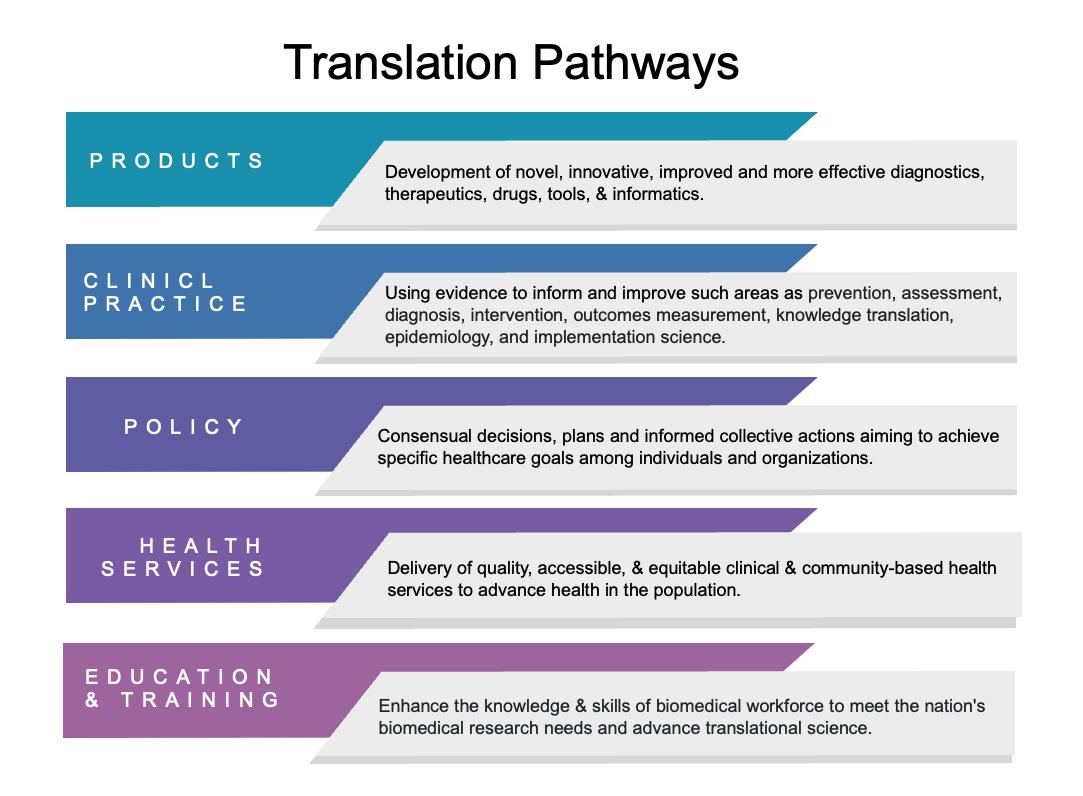
To this end, the Institute serves to support our investigators to understand translation pathways well-suited to the research they do, and to understand how to navigate and position their research to carry out translation to create change that can benefit patient health and healthcare delivery.
This year, the BU CTSI Evaluation Team started an initiative to engage with our investigator community to examine the policy translation pathway. Evaluators teamed with the medical library’s Information Management Education team to provide individual investigators in diverse disciplines with sample policy analyses generated from a new tool licensed from Overton. The tool is a collection of over 6M policy documents that link investigator publications to policy citations and mentions made by government agencies like the CDC and WHO, intergovernmental and nongovernmental groups, and think tanks, with new documents added daily.
The analysis describes, for example, the number and types of policy citing sources, lag time for a publication to get cited by a policy document, a world map of policy citing documents by country to show global reach, policy citations by year, policy topic categories, citations in clinical guidelines, and
links to any of the 17 Sustainable Development Goals set by the United Nations as a call to action for global priority areas.
In reviewing the analysis with investigators, the team is also exploring investigator perceptions about how they define translation in general terms and how they think about what counts as policy translation. They are also examining investigator use of science dissemination strategies to influence the policy translation pathway. The intent of the initiative is to catalyze discussions within the investigator community about the value and use of the analyses in helping them clarify and demonstrate the translation of their work to policy.
Publication findings on their own are rarely actionable, scalable, or translatable on their own. Applying evidence in complex adaptive settings entails many stakeholder groups and systems. By mapping translation pathways, systems thinking about process requirements can be better understood to optimize opportunities for success. Findings from the policy translation pathway will enable the Institute to engage our research community to do systems thinking, then plan and deliver needed resources, training and networks to support investigators with translation as we move into 2023.
“In response to the unprecedented pandemic, the BU CTSI awarded $420,934 to 20 research investigators who spearheaded cutting-edge research on COVID-19. We are proud to announce 38 publications from our research investigators, who have pioneered a new understanding of the genetic complexities of COVID-19 and its impact on the health of the public.”

Neighbourhood Income and Physical Distancing during the COVID-19 Pandemic in the United States. Read here
SARS-CoV-2 Infection of Pluripotent Stem Cell-Derived Human Lung Alveolar Type 2 Cells Elicits a Rapid Epithelial-Intrinsic Inflammatory Response. .Read here
Association of Respiratory Allergy, Asthma, and Expression of the SARS-CoV-2 Receptor ACE2. Read here
Expiring Eviction Moratoriums and COVID19 Incidence and Mortality. Read here
patent from PlusVitech citing this publication created a ‘method for the prediction of progression or prognosis of the response of a subject suffering from acute organ damage’
Policy Documents by the Centers for Disease Control and Prevention, British Academy, World Bank cited this publication. The New York Times, Scientific America, and U.S. News created online news storys for this publication.
Science Daily & The Medical News created online news stories for this publication.

The WHO and UNICEF cited this publication in their policy documents. U.S News & Pedaitric News created online news stories on this publication
The CDC cited this publication in their clinical guidance policy document. The New York Times, NPR, and the Atlantic created online news stories on this publication.
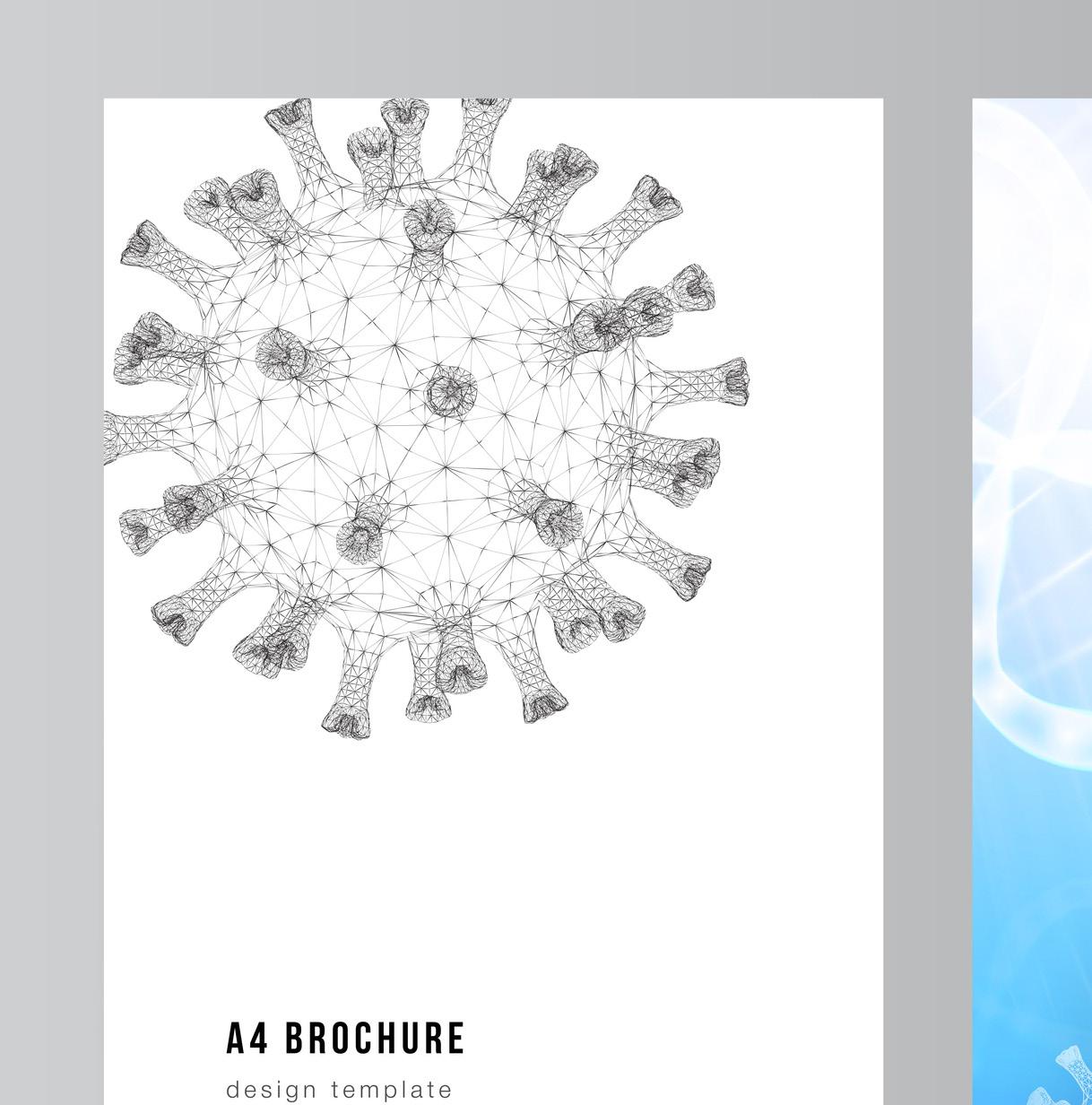
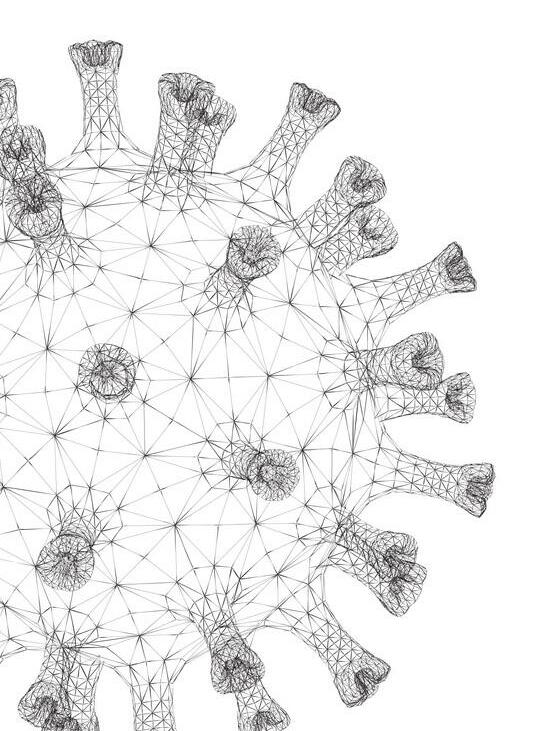
Map from Overton showing where policy organization that cited CTSI COVID-19 publications are located globally.
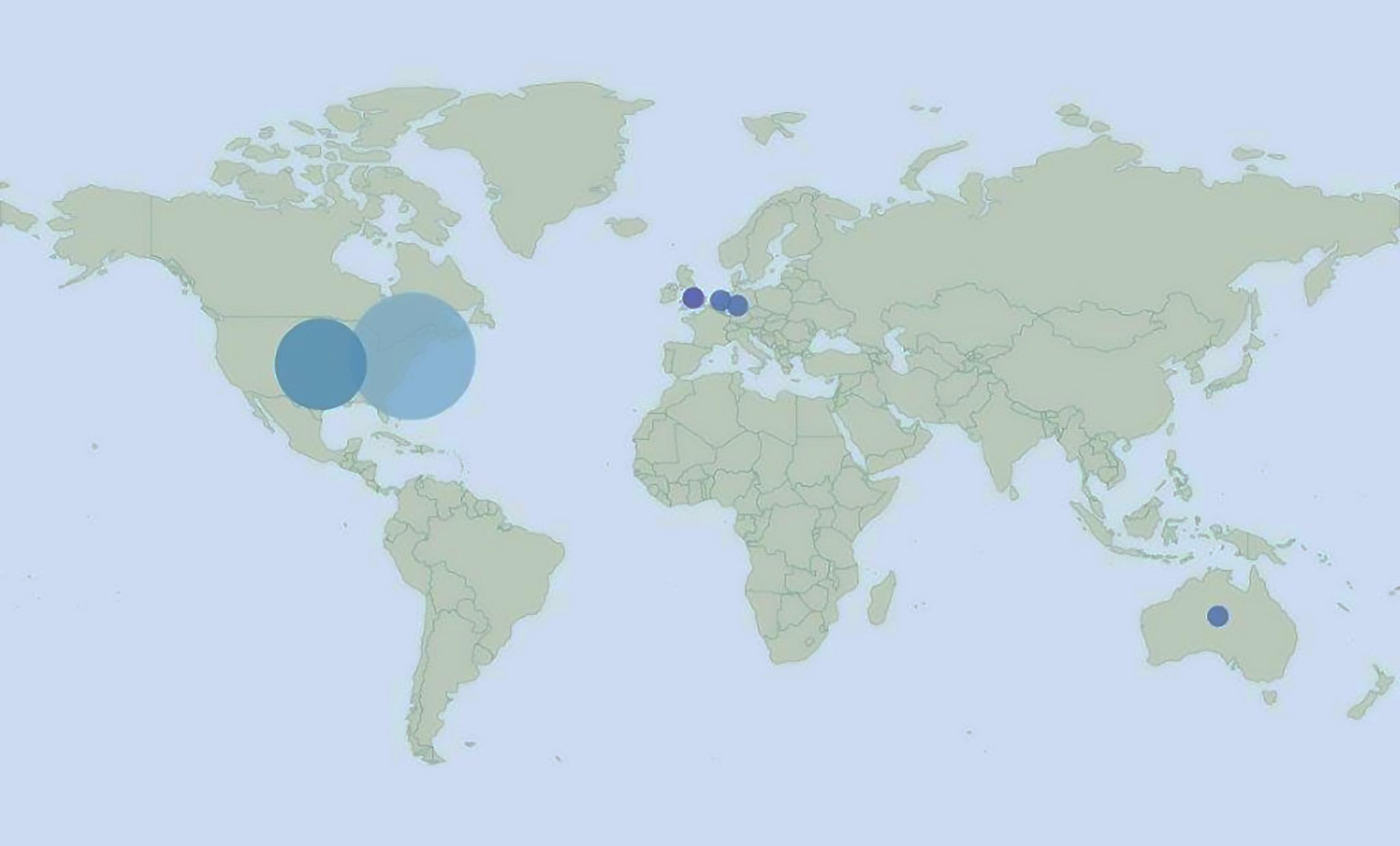
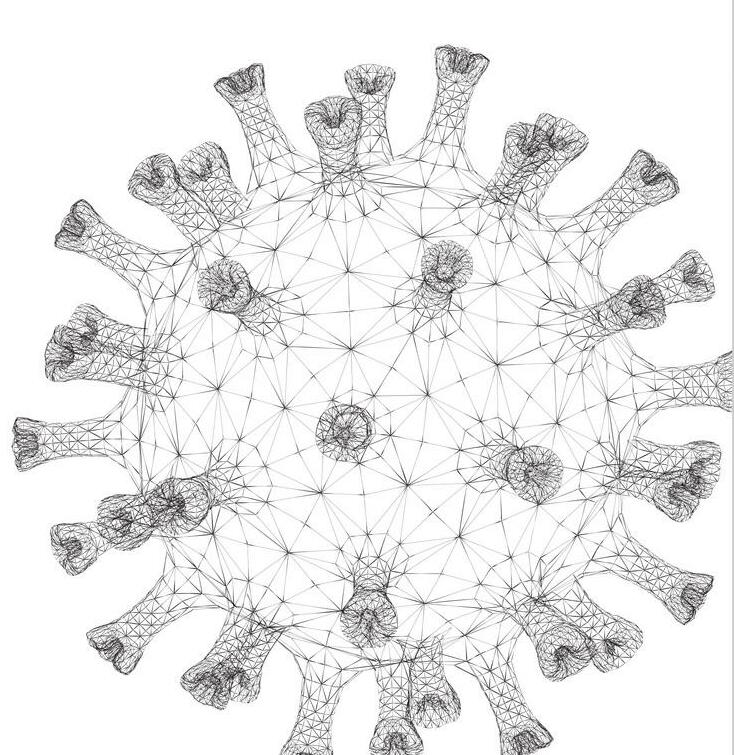
The BU CTSI Community Engagement Program is led by Co-Directors Linda Sprague Martinez, PhD, (BUSSW) and Dr. Tracy Battaglia, MD, MPH, (Chobanian & Avedisian School of Medicine). Rebecca Lobb, ScD, MPH, assistant director, strategically aligns program activities and partnership development with community and researcher needs and resources. Dema Hakim, MPH, program manager, ensures that the CE Program’s resources and services reach community members and researchers, and Jenn Pamphile , MPH, community engagement specialist, leads and implements partnership activities to build capacity for community engaged research.
In 2022, we adopted Building a Culture of Community Engagement as the overarching theme for our program recognizing that translational research to advance health equity cannot happen without community leadership.

Our Annual Report outlines our training, partnership, and dissemination activities. These activities, designed for community and academic audiences, are intended to create a culture of engagement through capacity building at the individual, partnership and institutional levels. Over the past year, the Community Engagement Program focused efforts on addressing three primary barriers to translational research:
1. The absence of patients and communities equitably partnering in the development, testing and implementation of effective and efficient new interventions.
2. Homogeneity of research teams and research leadership.
3. Cumbersome and inefficient operational processes that lead to research delays and impede partnership development.
Three community-academic partnerships were awarded $10k each to build a collaborative relationship. As part of the award, partnerships participated in a nine-month learning collaborative intended to support the development of a collaborative research plan for submission to a community-academic pilot grant opportunity. This funding opportunity attracted a diverse pool of scholars from across academic disciplines. The award recipients and their project titles include:
• Sarah Bagley (Chobanian & Avedisian School of Medicine) and Debra Schmill (Becca Schmill Foundation), Abita Raj (UMass Memorial); Building Community Collaborations to Reduce Youth Overdose.
• Margaret Lombe (BUSSW), Maria Emilia Bianco (BUSSW), Mojdeh Rohani , and Lauren Shebairo (De Novo Center for Justice and Healing); Building Community-Academic Partnership: Strategy for Health Equity and Material Wellbeing.
• Kaku So-Armah (Chobanian & Avedisian School of Medicine) and Judith Azuma (Pantang Hospital Drug Treatment and Rehabilitation Centre); Community Engagement on Substance Use Care in Ghana.
The length of time for our virtual monthly seminar series was extended from 60 to 90 minutes to create space for informal networking with expert panel members. Topics scheduled for the 2022-2023 academic year relate to our Building a Culture of Community Engagement theme. Our Community Engagement Program also launched a community-academic Research Partnership Learning Collaborative where partners can increase their understanding and skills in community engagement through sharing and learning from diverse experiences. We continue to offer our Communicating to Engage Workshop and Community Connecting to Research trainings.
The Equity in Health Research CAB seeks to advance Boston University’s and Boston Medical Center’s aspiration for making sustainable changes in the research process to improve the health of the community. This eight-member CAB represents Boston community organizations that serve residents who were most adversely impacted by COVID, including but not limited to Black and brown residents, immigrants from other countries, people experiencing homelessness, and service workers.
In 2022, our Community Engagement Program supported the CAB to develop a rubric that reflects best practices for equity in research. The CAB will use the rubric to guide their recommendations for improvements to specific projects when academics request that the CAB review their study. Researchers can apply the rubric along the entirety of the research life cycle, to develop proposals and to self-assess projects for opportunities to improve equity in recruitment, consent, participation, or dissemination of research findings.
We provide ongoing guidance in community-engaged research to BHN and the 12 affiliated Community Health Centers (CHC) to build processes that facilitate early engagement in research opportunities. The goal of this work is to ensure community needs and assets inform the planning of research and are integrated in the research processes at BU. Specific resources to support CHC-academic research collaborations are located on the BU CTSI website and include the CHC bios, guiding principles, rules of engagement, and a web-based application that researchers can use to invite CHCs to collaborate on research.
Preliminary evaluation of these new processes document receipt of 26 applications from researchers in 2022. Of those, 62% resulted in at least one CHC partnership and 19% indicated the intention to include participants with limited or no proficiency in English.
• In 2022, our Community Engagement Program disseminated best practices to over 400 participants in our consultations, training programs, seminars and partnership activities. Most community members and researchers engaged in at least one activity. However, many participated in multiple CE Program offerings.
• Linda Sprague Martinez, PhD, as associate editor of progress in Community Health Partnerships co-edited a special issue in Progress in Community Health Partnerships titled, Advancing COVID-19 Response through Community Participation: Lessons Learned from Community-Academic Research Partnerships for Health Read the article here
• A new CE Program publication integrates community engagement with implementation science to advance measurement of translational science. Read the publication here .
• Our CE Program also was awarded funds to study best practices for engaging limited or non-English speaking participants in research. Linda Sprague Martinez PhD, received a pilot grant to evaluate and disseminate system-level change strategies to increase the inclusion of limited English-speaking participants in research. She is collaborating with representatives from Boston Medical Center’s Clinical Trials Office and Clinical Research Network, and leaders from the BU CTSI Special Populations Program and Admin CorQuality and Efficiency Program.
This project aims to: 1) identify promising engagement strategies used across CTSI sites; 2) engage researcher champions, community leaders and patients in a dynamic planning process to adapt and pilot a system level change strategy; 3) assess the acceptability and feasibility of the strategies informed by Aims 1 and 2 in preparation for a multi-site study to test system-level interventions to support the successful integration of multi-lingual populations in research.

Under the leadership of George O’Connor, MD, BU CTSI director of the CTSI Clinical Research and Operations and Ridiane Denis, MD, RN, BS, director of the GCRU Clinical Research and Operations, the GCRU provides implementation and facilitation support to study teams and valuable services to a diverse population of research participants.
During the past two years, Denis has provided guidance, mentorship and leadership in support of human subject research to study investigators, clinical trial study teams, and BU CTSI leadership
regarding the implementation and execution of COVID-19 and Non-COVID-19 related human subjects research. We congratulate Dr. Denis for being a recipient of the 2021 John F. Perkins Award for distinguished service.
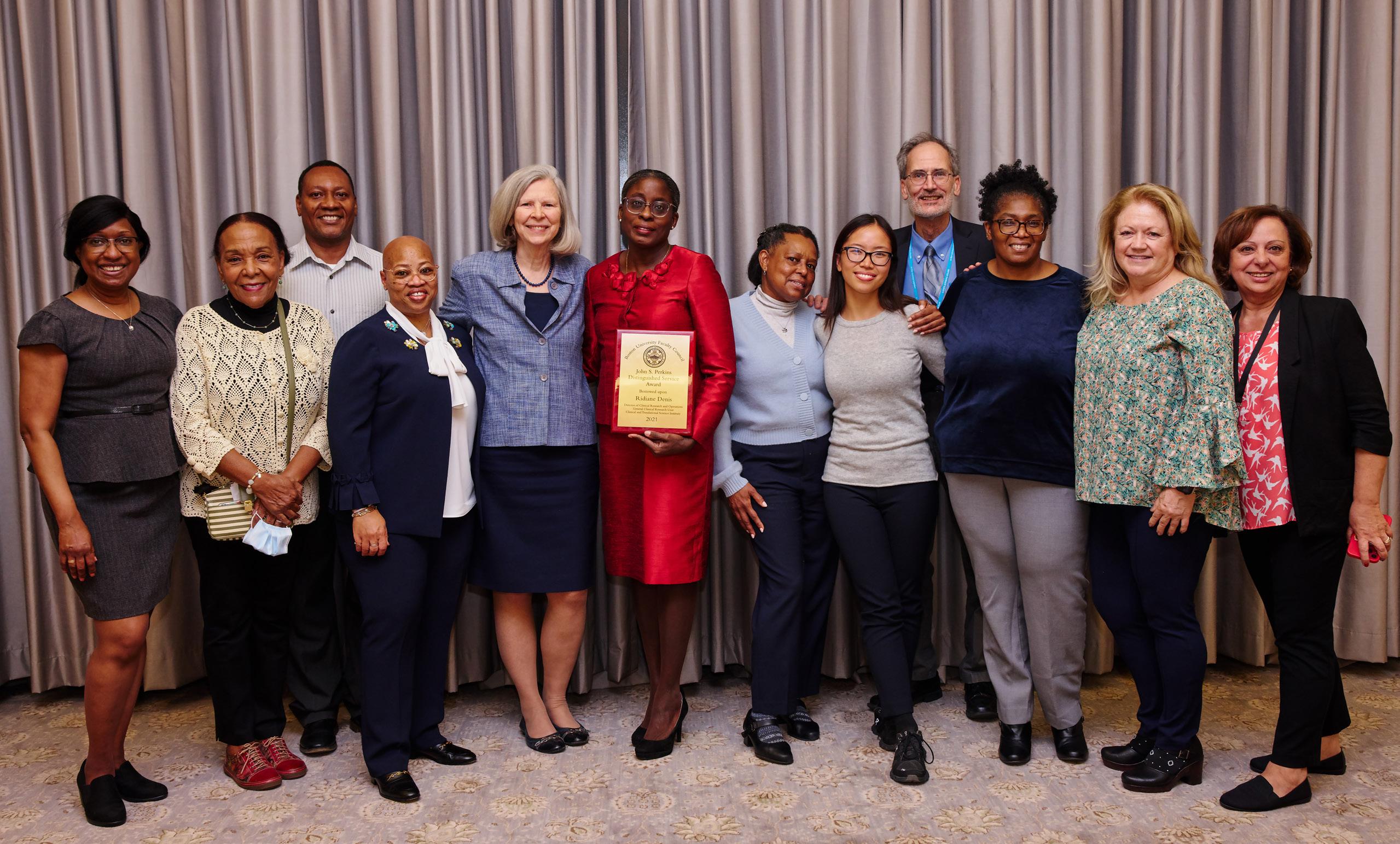
Additional services, such as research coordinator support, protocol review, and study feasibility are available through the Research Navigator Team (RNT). For studies implemented through the GCRU, staff will work closely with study teams to provide clear information regarding the budget and specific protocol implementation procedures required to complete the studies.
The GCRU has been organized into eight clusters with each cluster providing specific services or resources to optimize and provide functional support for clinical research across Boston University and Boston Medical Center. (See the GCRU Org. Chart obove)
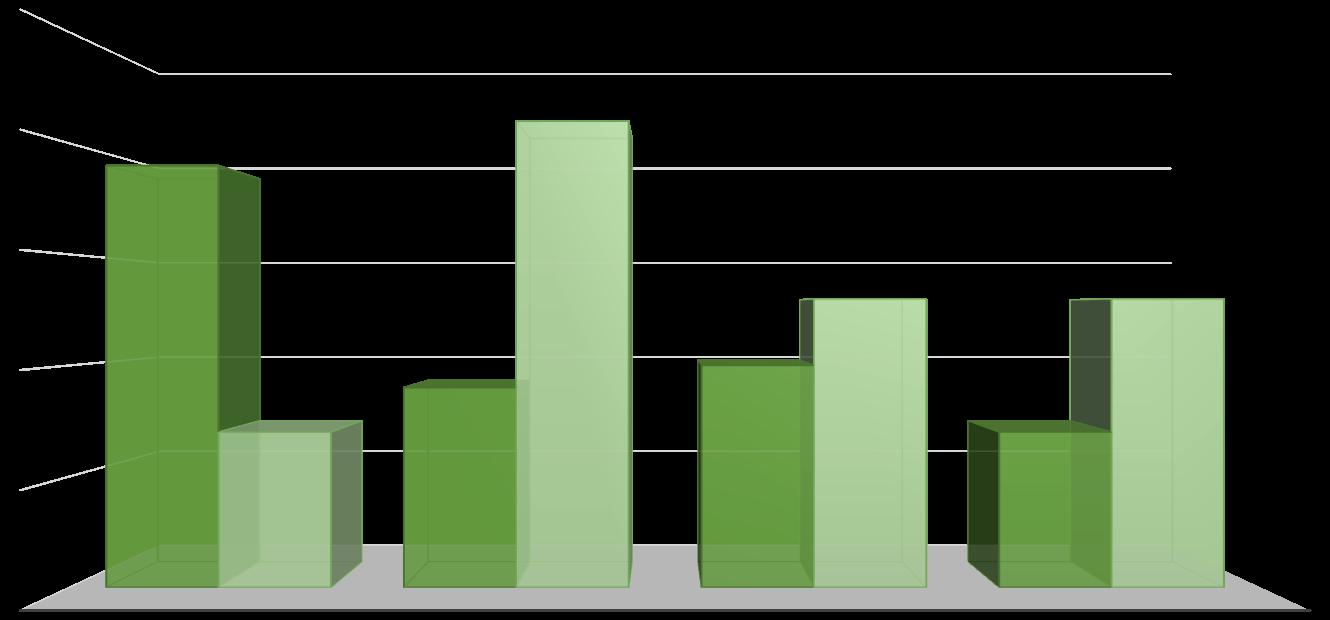 Left to right: Myriam Castagne, Mona Lauture, Daniel Mompoint, Della Carter, Karen Antman, Ridiane Denis, Lea Bele, Anh Tran, George O’Connor, Annette Hinton, Jennifer Johns, Helia Morris.
Located on the 8th floor of the Evans Building on the Medical Campus, the GCRU provides study implementation services within the unit and beyond through its additional outreach services “GCRU Without Walls.” Services are provided across all BU schools, including the CRC and BMC.
Left to right: Myriam Castagne, Mona Lauture, Daniel Mompoint, Della Carter, Karen Antman, Ridiane Denis, Lea Bele, Anh Tran, George O’Connor, Annette Hinton, Jennifer Johns, Helia Morris.
Located on the 8th floor of the Evans Building on the Medical Campus, the GCRU provides study implementation services within the unit and beyond through its additional outreach services “GCRU Without Walls.” Services are provided across all BU schools, including the CRC and BMC.
CTSI Administration David Center, MD Megan Bair-Merritt, MD, MSCE Helia Morris, MSM
CTSI Clinical Research & Operations George O’Connor, MD, MS
Administration Team Research Navigator Team (RNT)
• Mary Ann Ingaciola
• Annette Hinton
• Anh Tran
• Myriam Castagne
• Daniel Mompoint
• April Smith
• Lea Bele
• Northeastern Co-op student
GCRU Clinical Research & Operations Ridiane Denis, BS, RN, MD Quality Control
Clinical Research Implementation Team Research Operations
• Anh Tran
• Jennifer Johns
• Mona Lauture
• Yves-Martine Dumas
• Denise O’Connor
• April Smith
• Amanda Jimenez
• Sergy Fils
• Ridiane Denis *
Research Job Connection (RJC)
• Ridiane Denis
• Myriam Castagne
Covid Implementation Team
• Anh Tran
• Jennifer Johns
• Mona Lauture
• Della Carter
• Ycar Devis
• Amanda Jimenez
• Sergy Fils
*As needed for Coverage
2019-2020 Ethnicity Report
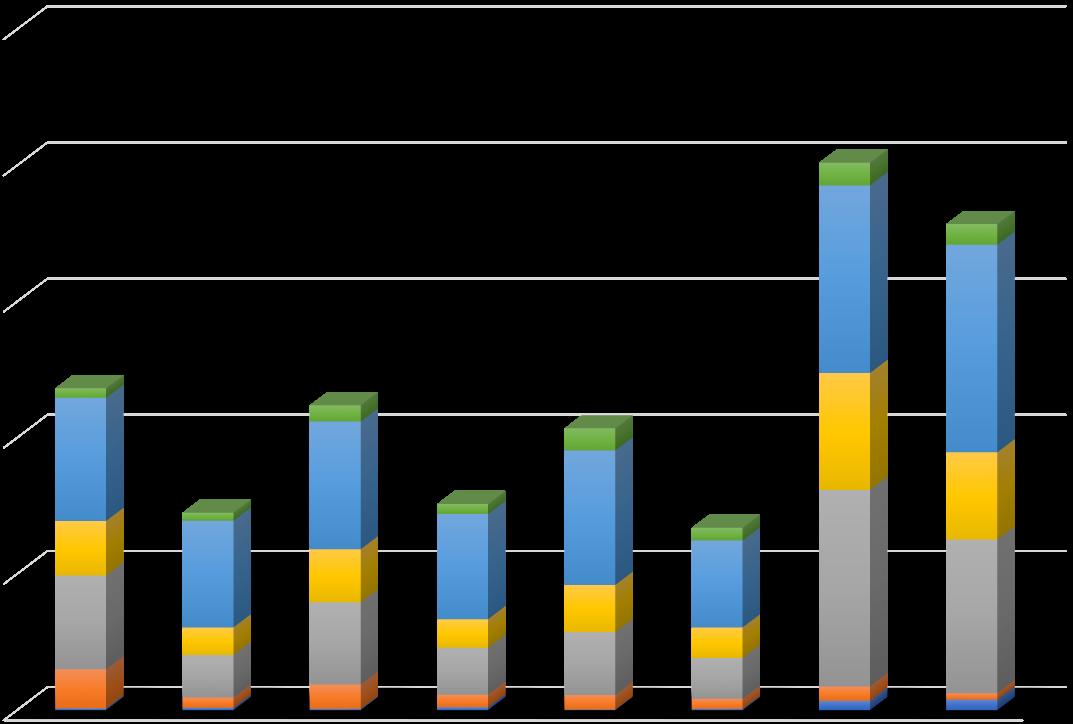
• Ridiane Denis
• Helia Morris
• Hubert Wong
• Lea Bele
• Myriam Castagne
• April Smith
• Jennifer Johns
GCRU Laboratory
• Della Carter
• Ycar Devis
• Amanda Jimenez
Since 2018 the GCRU has provided the following certifications:
• 28 New CPR certification
• 20 CPR recertification
• 18 Phlebotomy for Research personnel
• 11 Phlebotomy training with National Certification
• 2 Phlebotomy refresher for Research personnel previously trained
For more information regarding CPR and Phlebotomy new certification fees and schedule, please contact the Director of Clinical Research & Operations, Ridiane Denis, at ridianed@bu.edu or call 617-3587558.
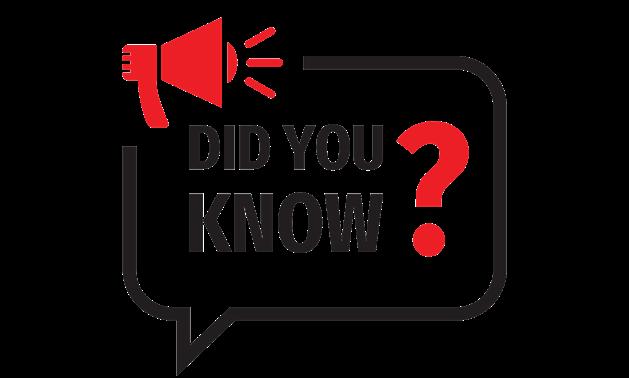
The BU CTSI Research Navigator Team (RNT) was established as a central team to support study teams in guiding and assisting them during each step of the protocol activation from initiation ( SIV, IRB submission etc.) through implementation (participants’ visits) and regulatory oversight. The RNT works in conjunction with all CTSI Programs as well as the General Clinical Research Unit (GCRU). The RNT can also undertake the difficult task of recruitment in person or remotely. To request a service, visit the Research Navigator Team Webpage
Daniel Mompoint is a research navigator. Daniel has a Master of Arts in International Relations. His prior experience involved foreign affairs and diplomatic missions. Daniel is multi-lingual, speaking, reading and writing English, French, Spanish, and Haitian Creole. His background and skills contribute to his strong track record in study recruitment.
Lea Bele works as a billing coordinator and research navigator assistant. She has a degree in applied sciences, a certificate in clinical research, and a degree in electrical engineering. Lea speaks English, French, and Haitian Creole. She has expertise in quality assurance, billing, and clinical research laboratory services.
Myriam Castagne is the senior research navigator. She is a foreign medical doctor and currently holds certificates in Clinical Investigation, Public Health, and Project Management. Myriam speaks both Haitian Creole and English. She has years of experience in regulatory and clinical affairs.
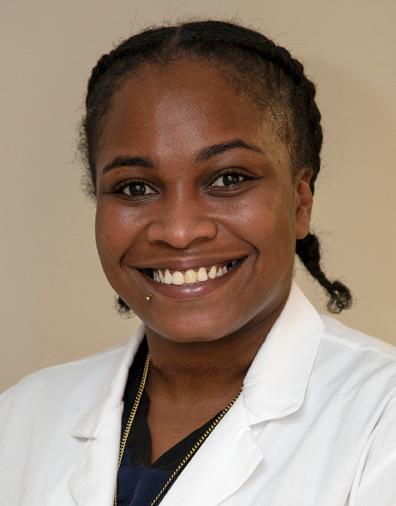

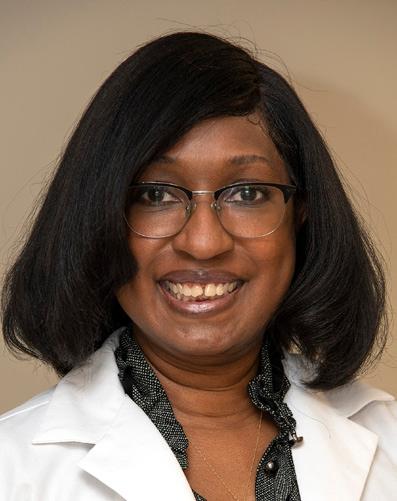
April Smith is a research navigator and clinical practice assistant. She obtained her Clinical Research Coordinator Certificate in 2021 from Urban College of Boston as part of the Research, Academics, and Mentoring Pathways (RAMP) program. She is currently finishing her training as a Certified Medical Assistant and Phlebotomist.

Our BU CTSI and NE Co-Op Liaison was created to help in the areas of clinical research and regulatory issues. This partnership encourages the development of skills and understanding related to numerous components of conducting clinical trials.
Mehal Patel possesses a bachelor’s degree in pharmacy. She will receive her Master of Science in Regulatory Affairs in April 2023. Mehal has completed her Co-Op with the GCRUe in Regulatory Affairs in April 2023.

Nino Zachariah holds a doctorate degree in pharmacy, and is now completing his rotation at the GCRU. Nino is currently pursuing his Master’s degree in Regulatory Affairs.
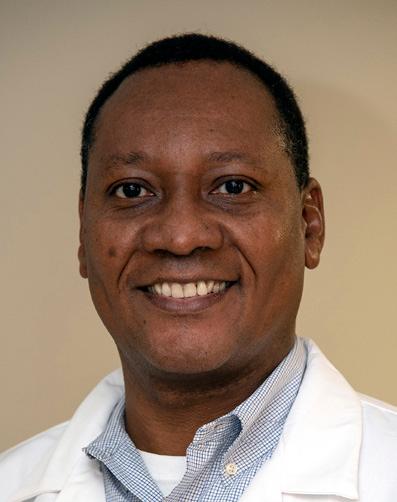
 Lea Bele Research Navigator Assistant
Myriam Castagne, MD Sr. Research Navigator
Daniel Mompoint, MA Research Navigator
Mehal Patel (Co-Op student) January 2022
Nino Zachariah (Co-Op student) July 2022
Lea Bele Research Navigator Assistant
Myriam Castagne, MD Sr. Research Navigator
Daniel Mompoint, MA Research Navigator
Mehal Patel (Co-Op student) January 2022
Nino Zachariah (Co-Op student) July 2022
To connect PIs with temporary staffing and provide temporary work for employees in need of more hours, in need of practicum, or facing job lay-off.

The GCRU continues to provide innovative research internships for those interested in gaining experience with all aspects of clinical research. In 2021, at the height of the pandemic, we provided GCRU research internships to seven master’s degree students from the Clinical Research Program, five undergraduate work-study students, one EMT, and one high school summer intern. Also, the GCRU in collaboration with BMC provided an opportunity for two urban college students in the Research Apprenticeship Multicultural Program (RAMP) to gain experience in clinical research by observing the implementation of protocols in the GCRU and attending an overview presentation of research administration and finance at BMC. In 2022, the GCRU also provided opportunities for college graduates and co-op students to learn about all aspects of the multidisciplinary efforts of clinical trial administration including: operations, implementation, regulatory compliance, investigational pharmacy, and finance. As part of the active Research Job Connection, which connects Principal Investigators and individuals interested in being part of a research team, BU and BMC students, along with staff, were connected to clinical research teams provide support in a Research Assistant and/or Research Coordinator capacity.
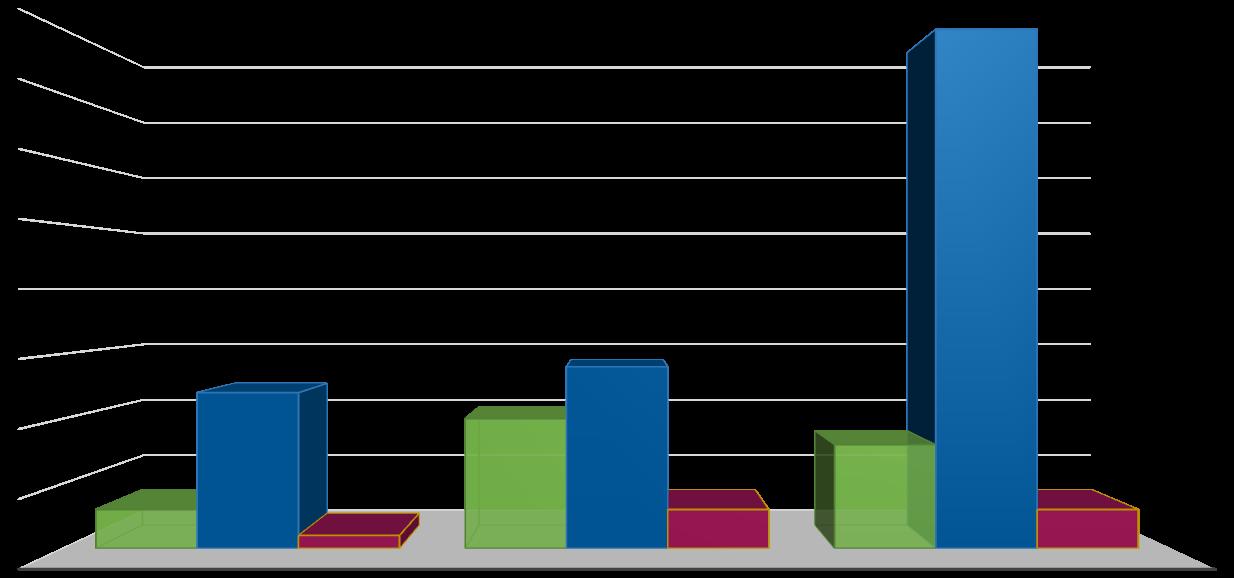
Boston Medical Center (BMC), Boston Health Net, and the BU CTSI continue to support data science and research focused on people living in the city of Boston. BMC is the largest safety net provider in New England. Nearly all of our Community Health Centers (CHCs) are Federally Qualified Health Centers (FQHCs). BMC has a long history of Electrontic Health Records (EHR) based care dating back to 1999 and our affiliated CHCs back to 2003. We now have two decades of EHR data going back to 1999. The Epic EHR has been in use at nearly all sites since 2015. We seek to provide rich data to researchers both locally and nationally in a way that strongly protects patient privacy and is accessible and easy to use. Advancing health equity is foundational to everything we do.
The foundation for our research data systems is the BMC Clinical Data Warehouse (CDW) which is a repository of all the source data and translations of that source data at BMC. The most frequent use of these data come through data extracts obtained in consultation with data analysts within the BMC-CDW for Research. Researchers also have access to standardized, “transformed”, data from the CDW. For these data, the BU CTSI Biomedical Informatics Core (BU-BIC) technical team works with BMC-ITS staff to transform EHR data for BMC and health center patients into two “Common Data Models (CDM)”, “Informatics for Integrating Biology with the Bedside (i2b2)” and “Observational Medical Outcomes Partnership (OMOP CDM ).” Each CDM offers self-service query tools and data extracts which are available for research. The data are also available to be shared as de-identified extracts with outside research networks as well.
Health Equity Research is a foundational priority for the BU-BIC and has been since its inception. In collaboration with the BMC Health Equity Accelerator, we have expanded our systems to extensive place-based data in our OMOP CDM-based “Data for Equity (D4E).” We also recently completed development of software to support self-service exploration of a substantial (and growing) number of health accounts accounting for a substantial (and growing) number of predictor variables. D4E now includes extensive de-identified clinical data linked to a broad and regularly expanding set of features related to the census tracts that they live in (American Communities Survey, Social Vulnerability Index, and Child Opportunity Index). BU-BIC members are also members of the Observational Health Data Sciences and Informatics (OHDSI) Health Equity Research Workgroup as well as the OHDSI Geographic Information Systems (GIS) Research and Health Equity Workgroups. In this way we seek to establish an advanced data system to study health and health equity in Boston that includes rich clinical data linked to features of where our patients live.
Our de-identified data can also be shared (with IRB oversight) with collaborators at other research institutions across the US who share the same common data models (i2b2 or OMOP). Our current collaborations are described below: TriNetX, is a cloud-based informatics platform that allows users to analyze aggregate patient populations and facilitate clinical

research, study design and clinical trial recruitment. Investigators at Boston Medical Center and Boston University have access to BMC’s de-identified patient data through a self-service, user-friendly interface and state-of-the-art visualization and analytic functions. TriNetX helps investigators explore patient populations in depth and demonstrate study feasibility in funding proposals and IRB submissions. Through the TriNetX Research Network our research community also has expanded access to anonymized datasets that combine BMC clinical data with that of over 90 other Health Care Organizations with over 300 million persons. In the coming year, TriNetX will also support fully cloud-enabled scalable analytics for members of the BMC and BUMC Communities.
The National COVID Cohort Collaborative (N3C ) is an open science community focused on analyzing patient-level data from many clinical centers to reveal patterns in COVID-19 patients. N3C aims to unite COVID-19 data, enabling innovative machine learning and statistical analysis that require a large amount of data – more than is available in any given institution. BMC/BUMC researchers have been actively participating in the network and leading efforts related to Social Determinants of Health (SDoH).
The ENACT Network is a new, i2b2-based, CTSA Consortium-Wide EHR Research Platform funded by the National Center for Advancing Translational Research (NCATS) that will enable investigators at CTSA hubs to conduct EHR research on any disease or condition from their desktop. Using de-identified data from EHRs for >142 million patients at 57 hubs, ENACT will also allow data scientists to develop and test EHR-based research tools. ENACT is the next iteration of the ACT Network, which launched in 2014 and is the largest federated network for EHR-based cohort discovery. Investigators will be able to perform outcomes, epidemiological, and comparative effectiveness research, predictive modeling, in silico trials, and other studies. As a federated research platform, ENACT will enable analyses using a variety of statistical and machine learning methods without moving EHR data beyond the firewalls of the sites in which they reside. Analyses can occur locally, and only summary statistics will be transferred to a federated analysis platform.
Disease specific registry collaborations: Data from D4E are being used to promote national collaborations related to intensive care outcomes for patients with COVID, sickle cell disease, and chronic kidney disease (CKD). For these projects, de-identified data extracts are shared with a central coordinating center to support research and quality improvement on a national scale.
The Boston University Clinical and Translational Sciences Institute Biomedical Informatics Core (BU-BIC) seeks to work with the BU/BMC research community to improve access to and the use of clinical data from Boston Medical Center, affiliated Community Health Centers, and other research institutions nationally and internationally. We recognize that consultation and advice are often needed by researchers in order to understand what is available and how to use the rich data and informatics resources within the BUMC community. Consultation services are offered from members of the BU-BIC Advisory Group whose members are:

William Adams
Director, BU-BIC. Clinical and population health informatics lead. Manages and promotes i2b2, OMOP, TriNetX, N3C networks
Ioannis Paschalidis Co-Director, BU-CTSI BIC. Computational and data science lead. Director, Hariri Institute.
Marc Lenburg
Co-director, BU-BIC. Bioinformatics lead, CRC bioinformatics liaison
Melissa Hofman Director of Research Informatics
Heather Hsu Population Health and ACO Analytics lead, data governance
Rebecca Mishuris EHR innovation research, ITS-liaison, Epic subject matter expert (SME)
Christopher Shanahan CRITC lead, app and registry SME, addiction informatics SME
Ioannis Paschalidis
Belinda Borrelli
Looking forward to 2023: BMC and BUMC researchers now have access to an extensive array of clinical data for research. Our foundational work over the past decade has prepared us to advance our research in the coming year in multiple areas:1) we will expand the breadth and depth of the social and environmental data elements available in D4E with the goal of better supporting research that seeks to identify root causes of health inequity; 2) we will expand our educational resources to better support users ranging from novice to expert; 3) we will develop an open-source version of the Health Equity Explorer Tool and along with a plan to share the software with others in the US; 4) we will explore solutions to increase computational research infrastructure within BMC; 5) we will continue to work closely with members of the growing digital health and data science communities with a focus on health equity analytics; and 6) we will continue to support development of novel research and career development that seek to use the data resources we have.

Mobile Health lead technology-based behavior change SME
Mobile Health lead technology-based behavior change SME
Adam Gower Bioinformatics analytic support, OpenSesame and GeneHive
Martha Werler Epidemiology and Public Health liaison, promotes Optum and other data
The BU-BIC team look forward to continuing our over 12 year effort to support the BMC/BUMC research community through informatics and data. Over the coming year we will continue to develop and promote BU-BIC resources (be on the lookout for newsletters and announcements regarding the latest BU-BIC tools and resources available to investigators), expand scope and content of local data resources with focus on social determinants of health and health equity, and promote new BUMC participation in national research data network initiatives.
To join our newsletter distribution list, please go to News To request access to any of the national network platforms or to request a research informatics consultation, please contact Nick Trombley (nst5775@bu.edu).

While this research training program that is targeted at postdoctoral fellows and scientists to attain research competencies investigators need to pursue clinical and translational science was not offered in 2022-2023, didactics from prior years are available in the link above.
A program that provides a roadmap and guidance for senior postdoctoral fellows, postdoctoral associates and early career faculty (both MD and PhD) that are committed to launching an independent research career. This program provides a clear understanding of the grant writing process, guidance on writing a Specific Aims page, support for manuscript writing, and suggestions about mentorship.

A longitudinal workshop for supporting investigators in all aspects of the grant writing process, from conceptualizing specific aims, to developing successful submission strategies, and guiding investigators in building compelling scientific narratives. The expected outcomes for participants are the preparation of a competitive proposal that can be submitted at the end of the workshop series and to get funded.
An early career development program for translational research faculty that provides salary support of up to $100,000 a year (up to two years) and financial support for training, lab costs, and travel. The KL2 scholar is guided by one career mentor and two research mentors from different disciplines, both clinical and nonclinical.
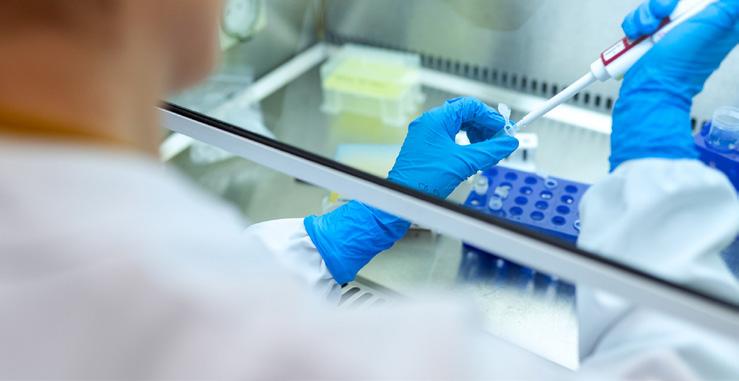



A career support program that helps faculty transition to independent funding (from K to R01), by aiming for stronger and earlier grants, offering an interdisciplinary peer-supported network with peer-led and reviewed works-in-progress sessions. This is an opportunity for K Grant Awardees to receive both mentored and independent research support.
A highly interactive case-based seminar series designed to provide participants with the tools to develop successful mentoring plans and learn how to develop relationships with mentors who have complementary skill sets. At the end of the seminars, participants should be able to provide better mentoring to their trainees, helping them succeed in their careers.
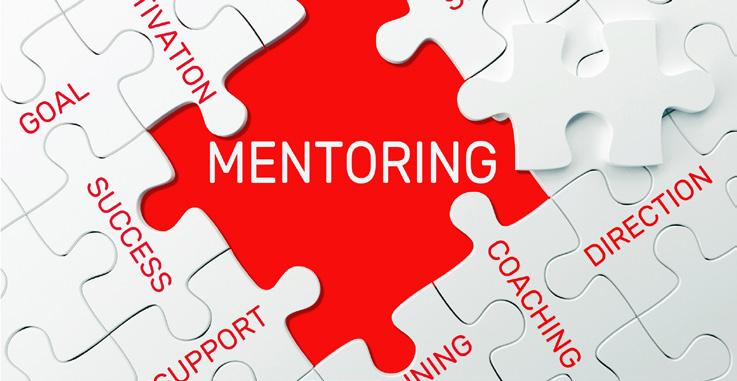
For those research staff and faculty who are looking to gain practical experience or expertise in a technology or method not otherwise available at BU, the BU CTSI awards funding for mini-sabbaticals at other institutions.
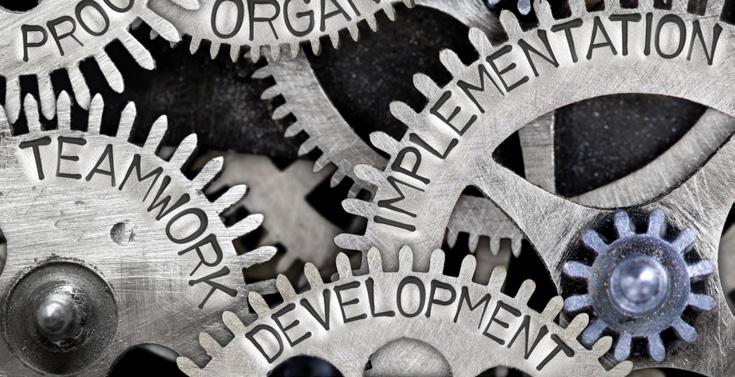
A two-year program for early career faculty and postdoctoral fellows designed to provide immersion in Implementation Science through project-based and coursework-based learning in order to competitively position fellows for career development and other research awards, and local departmental implementation science leadership.
Trains predoctoral and postdoctoral scholars in the dynamic field of stem cells and regenerative medicine. Scholars conduct research projects and acquire research competencies in an innovative curriculum that supports translational team science, interactions with PhD and MD scientists, and clinicians.
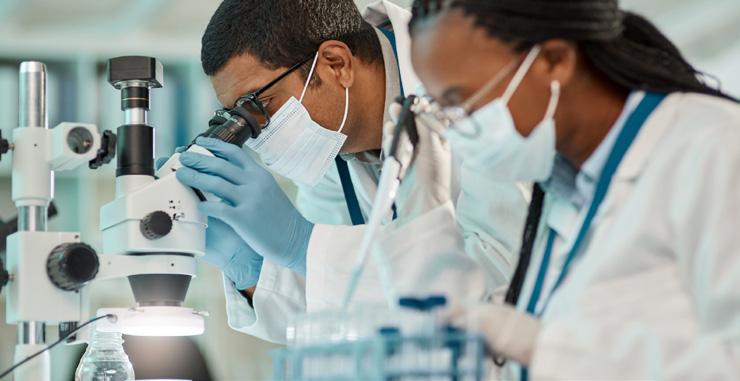
The mission of the Clinical and Translational Science Institute is to empower our research investigators through seed funding that allows them to critically explore and solve major challenges in translational science, especially the significant health problems prevalent in our urban communities. By supporting our research investigators with the development and deployment of new tools, methods, and processes, together we expedite clinical and translational research and discovery to address specific challenges such as funding and supplements, data access, collaborators, and sufficient team members for data analysis and management.
We recently interviewed three investigators who got funding from the BU CTSI and who have spearheaded cutting-edge research and we are proud to share their stories:
1. Charlene J. Ong, MD, MPHS, Assoc. Prof. of Medicine (Chobanian & Avedisian School of Medicine)
• CTSI KL2 Career Development Award, 2020
• CTSI Integrated Pilot Award, Spring 2020
• CTSI Integrated Pilot Award, 2021/2022
• Doris Duke Charitable Foundation, 2022
2. Sarah Gordon, PhD, MS, Assist. Prof. of Health Law, Policy, & Management (BUSPH)
• CTSA Administrative Supplement, June 2020
• CTSI Integrated Pilot Grant Award, 2020 (Co-PI on Pilot)
3. Jonathan S. Jay, DrPH, JD, Assist. Prof. of Community Health Sciences (BUSPH)
• CTSI KL2 Career Development Award, 2021

What influence did CTSI opportunities have on your science and career?
The CTSI has been instrumental to both my science and my career. It has enabled me to develop my ideas, learn how to build a team, learn how to conduct science and it established the track record I need so that I could obtain extramural funding which I was able to do through an NIH K23 award from the National Institute of Neurological Disorders and Stroke (NINDS). The award helped me to generate preliminary data to pitch to collaborators and set the groundwork for future publications.
What did you learn from the CTSI funding and Early Career Development training, and what barriers did it remove?
Having the appropriate funding to build team members and coact and analyze my data is imperative to get the necessary results so that I can build upon those findings and make new proposals.
The KL2 allowed me to start collecting the data that I am continuing to work on for my K23 project. Because of the support that I received from the KL2, I was able to get a jump start on my data collection which has enabled me to be on target for my K23 development despite COVID-19 and the problems that interrupted data collections at that time.
Give us some examples of your early career goals and the obstacles you faced?
My goals included obtaining extramural funding, and developing an infrastructure for being able to collect noninvasive physiologic data from ICU patients which I was able to do in a form of pupillometry for neuro ICU patients and electrooculography on cardiac patients. For instance, the new CTSI Pilot Award has allowed me to work on developing a tool that can personalize with prediction for patients who have large ischemic stroke at risk of mass effect to generate data on what the clinician likes or doesn’t like and what facilitators and barriers exist to receiving those types of updates.
This type of preliminary data is necessary to generate in parallel with the dynamic models we’re building in practice.
“My future career goal is to be an independent clinician-scientist who focuses on data-driven strategies to improve clinical decision-making for patients with neurological injury. My advice to others is to apply early and often, and generate a good team of mentors who will provide you honest feedback. Don’t be afraid of feedback or rewriting your work over and over. Have perseverance around your ideas and try to see them through.”
I still think funding is an issue. You need to have sufficient team members for data collection and data analysis and management. I have also experienced administrative challenges to secure the appropriate data use agreements for successful collaboration. Then, there is the challenge of dealing with real-world data and how varied the formats, language, and datapoints are at various institutions.
How did the CTSI resources and services help you accomplish your career goals?
The CTSI Voucher and the CTSI Supplement for the Doris Duke for Clinician Scientist Retention Award allowed me to continue funding the necessary staff to help me process my various data sources. Early career development awards rarely offer sufficient funding to cover the salary of a research assistant. I have found that when one is working with large data, and curating it from the ground up, a data manager is essential to the completion of the work.
What inspired your research focus and how did you build a career around it?
I take care of patients with critical neurological disease and what I want to know is how we can take care of them better and how we identify both the patients who are at risk for further neurologic decline and the ones with recovery potential.
I think it started with observing how patients responded to different clinical situations and questioning whether there were reproducible patterns associated with those at risk. I then began studying multiple patients and that study grew to amassing as many patients as I could to determine which physiologic, radiographic, demographic, and clinical factors might help lead me to better management.
you?
To me, translational science in the traditional sense means to take observations that we see on the bench in basic science principles and “translate” them into therapies or tools that can be used in humans. But I think that a broader version of Translational Science is using observations, regardless of whether they occur in animals or in our patients and searching for more rigorous ways that we can understand clinically relevant relationships.
“For the future, I am really excited to do the training plan and the research that I proposed in my Career Development Award and submit an R01 Grant that builds off that. And for others following the same career path, take the Career Development Award Writing Workshop Series. It is very common not to get funding the first time. It is part of the process and don’t be discouraged by that. Go to the CTSI as a resource; there are biostatistical resources, mentoring resources, there are opportunities to apply for a supplement on an existing grant, especially as a junior investigator. It is hard to lead a big project, but if you can serve as a Co-Investigator in a supplement, it is a really good way to start earning an NIH track record before you go out on your own.”
What influence did CTSI opportunities have on your science and career?
The NIH-wide administrative supplement was a helpful opportunity related to addressing severe maternal morbidity in the US. I worked with Megan Bair-Merritt MD, MSCE, professor of medicine at Chobanian & Avedisian School of Medicine primarily. It was a generous grant that enabled us to buy a unique data source which included claims for all individuals in the US who gave birth while they were enrolled in Medicaid. It provides health insurance coverage for those who experience the highest rate of severe morbidity and maternal mortality. This data is very expensive, and we really couldn’t afford it without this grant. It opens a lot of doors, and we are just publishing papers using the data set now.
The Integrated Pilot Award was a collaborative project with Anna Goldman, MD, assistant professor of internal medicine at Chobanian & Avedisian School of Medicine. We had been working with the state of Maine to implement a randomized control trial where we sent notices in the mail to newly eligible Medicaid recipients. That funding helped us implement our clinical trial in conjunction with the Maine Department of Health and Human Services.
What did you learn from the CTSI funding and Early Career Development training,
Getting access to data and paying for it is a huge barrier. It helped launch my career.
I took the Career Development Award Workshop Series. It helped us stay on the timeline to get the grant done and I ultimately ended up getting a career development award from the National Institute of Mental Health (NIMH). It was crucial to have peer feedback and mentoring for that whole process because it is a very complicated process.
Sarah Gordon, PhD, MS Assist. Prof. of Health Law, Policy, & Management (BUSPH)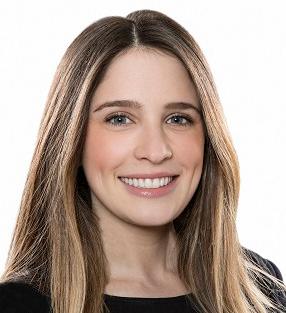
My goal was to be independently funded and I was able to get funding from the NIMH and to foster collaborations with other people who are interested in doing Medicaid research.
I am trained as an economist, and it can be hard to find grantfunding because you are not researching a specific disease. One thing that was helpful through the CTSI was using an existing grant to piggyback on the NIH Supplement.
How did the CTSI Resources and Services (PERC, PRIME, Vouchers, etc.) help you accomplish your career goals?
We need to consider BU as having a very rich environment for mentoring and resources, so I talk a lot about the CTSI to others and doing those workshops, particularly the PRIME workshop and the K to R transition really helped.
What inspired your research focus and how did you build a career around it?
I started working in healthcare policy in 2014 when the major pieces of the Affordable Care Act were being implemented and I was doing research interviewing Medicaid officials. I was also working at the National Advocacy Organization to implement the Affordable Care Act private insurance marketplaces. Both of those got me interested in questions around health insurance coverage and access to care in the US. While doing research in that area, I realized the population who are in and out of health insurance coverage is the pregnant population. Those two things really narrowed my focus to the intersection of public health and maternal health.
What does Translational Science mean to you?
I care a lot about translational science because I see myself as an applied healthcare policy researcher. Actually, I spent the last year serving as a senior advisor in the office of Health Policy at HHS in the Biden Administration and there has been a ton of overlap between questions that I ask as a researcher and the types of policy process and advising I do in that role in federal government. I think I see it as taking the research findings that we generate, making them intelligible to decision-makers.
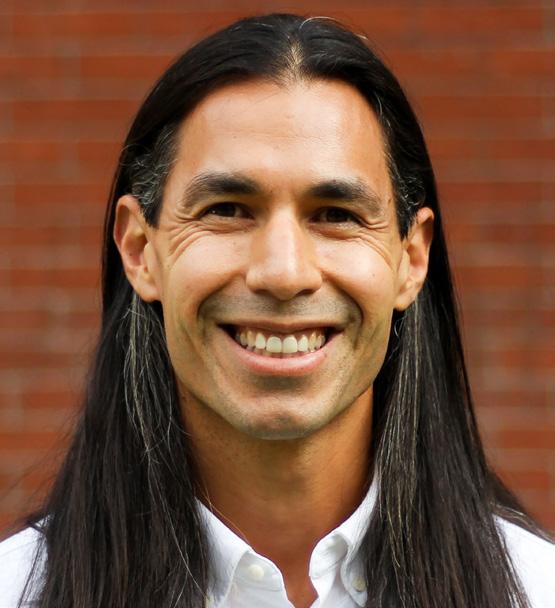
What influence did CTSI opportunities have on your science and career?
For me, it was an opportunity to focus my time on developing my research agenda. One major result of the KL2 is that I was able to successfully compete for an NIH K01 grant. The K01 built on my KL2 project which was supported by the CTSI. I benefited from the time I had to learn to successfully conduct scientific research on firearm injuries, an area that is incredibly important but has been traditionally underfunded by federal agencies. Funding to support a post-doctoral fellow was obtained through the National Collaborative on Gun Violence Research.
My two mentors on the KL2 – Emily Rothman, ScD, MS, who is now a professor and a chair of occupational therapy at Boston University College of Health & Rehabilitation Sciences: Sargent College and Sandro Galea, MD, DPH, professor at Boston University School of Public Health who is the Dean of the School of Public Health – are both incredible mentors. Having this KL2-mentored award gave me the opportunity to learn from them and work with them on research projects.
What did you learn from the CTSI funding and Early Career Development training, and what barriers did it remove?
It accelerated my path forward. There are a lot of people that I met at BU because someone in the CTSI connected me to them, and so I would say it wasn’t so much removing barriers as opening a lot of doors.
I learned how to write an NIH grant. That was partly through the CTSI Grant Writing Workshop but also during my KL2. I had all this time with my mentors to work on my K01 which changed a lot across different drafts. The KL2 was a bridge coming out of my post doc and coming to my early faculty career and again having the chances to train, get mentorship, and keep publishing.
Give us some examples of your early career goals and the obstacles you faced?
My early career goals were to establish a national reputation in firearm injury research and make meaningful contributions in the way we practice gun violence prevention. The time I was in the KL2 happened to coincide with a time when a lot of cities were rethinking how gun violence prevention should work. Doing science in this area is meaningful because it is happening at a time when so many places are looking for evidence and looking for solutions that
“I think we are still early in our understanding of this issue from the scientific perspective and from the prevention standpoint. We need better science to be able to lay out a range of best options that communities can choose from, modify and work with in their own way. I’d advise others to seek out the individuals and the institutional support that can accelerate your progress. I think no one knows how to do this job when they start, learning where to look for help and then asking for help and absorbing the lessons. I think it takes years to learn how to do this and you can quickly get the feeling of falling behind if you are not taking advantage of all the resources around you.”
they can implement. The skills that I have learned are so central to getting the funding that we need to have the impact that we want to have.
The CTSI’s Pathways to Research Independence and Mentoring (PRIME) is interesting because it touched on so many aspects on how to do this work. It involved a good amount of grant writing. It is helpful to see draft proposals from colleagues who were a bit ahead of me, it expanded my network at BU, and it gave me experience in the role of a reader. I think you learn a lot from reading other grant proposals. you can see what makes sense and what doesn’t make sense, and you learn things you can incorporate on your own. I used funding from the KL2 to do an intensive training with the National Center for Faculty Development and Diversity.
What inspired your research focus and how did you build a career around it?
Gun Violence in the US is a phenomenon that costs so many lives every year and has these profound effects on communities and all of this happens in a way that is profoundly unjust across racial lines. It is a source of racial disparities in life expectancy and health outcomes. It reinforces a wide range of other kinds of outcomes like educational and employment outcomes, and it is an issue that has been understudied for many years. It is one of the most important topics that we can be researching, and I feel incredibly privileged to have had the opportunities that I have to do research in this area.
I had a few choices of post-doctoral fellowship, and one of them was an NIH-funded fellowship focused on firearm injuries research involving children and teens. When I came to BU, it was one of the few universities where I could enter as a faculty member, and it had senior researchers who could show me how to build a career.
To me, it means having answers for the policymakers and community members in cities and neighborhoods that are affected by gun violence. Having evidence, having recommendations, but also being able to acknowledge what we don’t know all answers, but can still make some contribution in those communities.
Some initiatives of the RPN include:
• Development of new and updated tools to help manage and conduct research studies.
• Development of a Research Reference Guide, a comprehensive guide to running a research study.
• Development of a customizable on-boarding Checklist, that provides employees and managers a to-do list based on the type of research, institutional requirements, and new employee’s role.
• Annual RPN recognition event, where the amazing work, achievements, and contributions of all clinical research professionals at BMC and BUMC are recognized. This has been on hold over the last two years due to COVID-19, but we hope to resume in 2023!
• Continuing education and professional development opportunities via inter-institutional peer-led, competency-based RPN Workshops.
2,840
The RPN Workshops began in
Individuals have attended the RPN Workshops between Sep. 2017 to Dec. 2022
1687
Attendees participated in our workshops over the last two years
The Research Professionals Network (RPN) is a vibrant network of clinical research professionals (CRPs) conducting research on the BU Medical Campus and Boston Medical Center. The overarching goal of the RPN is to enhance the quality of human subjects research by providing support through training, tools, and opportunities for networking with other research professionals.
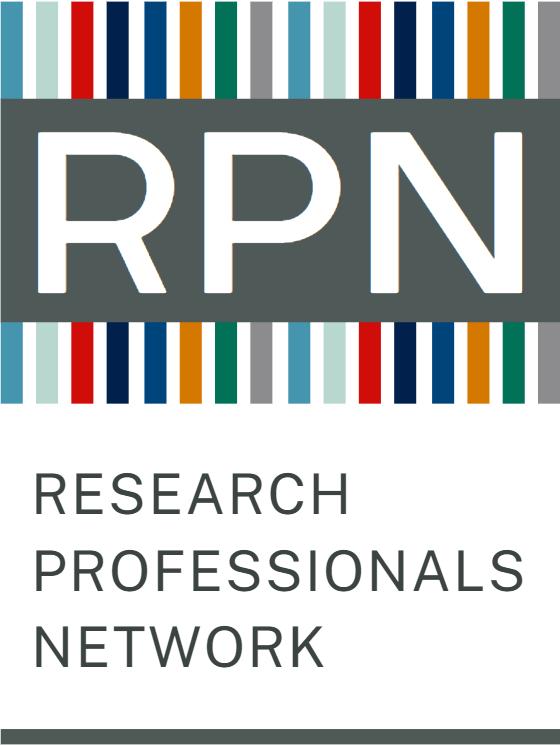
RPN membership is open to all research personnel involved in some aspect of coordinating/managing clinical/human research on BU Medical Campus and Boston Medical Center research studies.
The RPN Workshops are a unique offering of peer-led continuing education based on the Joint Task Force (JTF) for Clinical Trial Competency Framework , the standar for competency-based training of clinical research professionals worldwide. They are designed to promote practicing with the material through interactive workshop activities. In the years since, the RPN Workshop initiative has expanded to include collaboration with several other Academic Health Centers in an effort to offer more perspectives on the topics covered. Our RPN Workshops now include University of Vermont (UVM) and its affiliate Maine Medical Center, University of Florida and its affiliate Florida State University, and Medical University of South Carolina (MUSC) and its affiliates South Carolina State University and Clemson.
Workshop topics align to the JTF competency domains and come from surveying attendees as well as from gaps identified from quality assurance initiatives at the collaborating institutions. The collaboration provides many opportunities for new ideas and best practices to cross institutional boundaries both from the workshop attendee perspective as well as from the workshop presenter perspective (as presenters typically team up with presenters from the collaborating institutions).
This year we conducted an analysis of our survey data from 2017 to 2021. Surveys include 1) evaluation immediately after the workshop on workshop quality and rating of importance in attendees professional development, 2) evaluation 8 weeks post-workshop on integration of new learning since the workshop, and 3) evaluation of those who presented to understand the impact of the presenters’ s own professional development. We were invited to present on our inter-institutional peer-led RPN Workshop model at ACTS 2022 and we are finalizing a paper to describe the experience of the first 4 years on this innovative initiative.
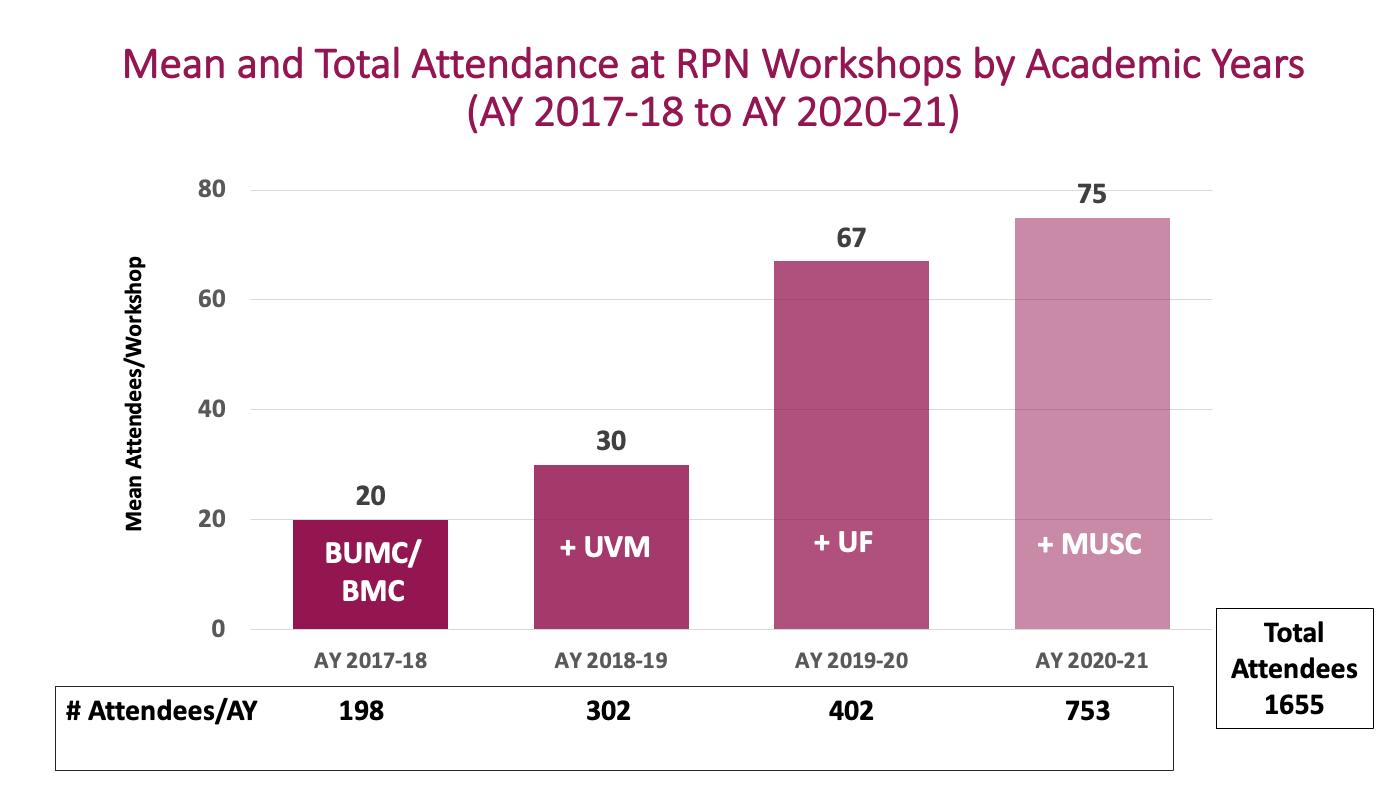
One positive finding is the extent to which the workshop attendees value the inter-institutional collaboration and how this was enhanced by a change how the workshops were delivered.

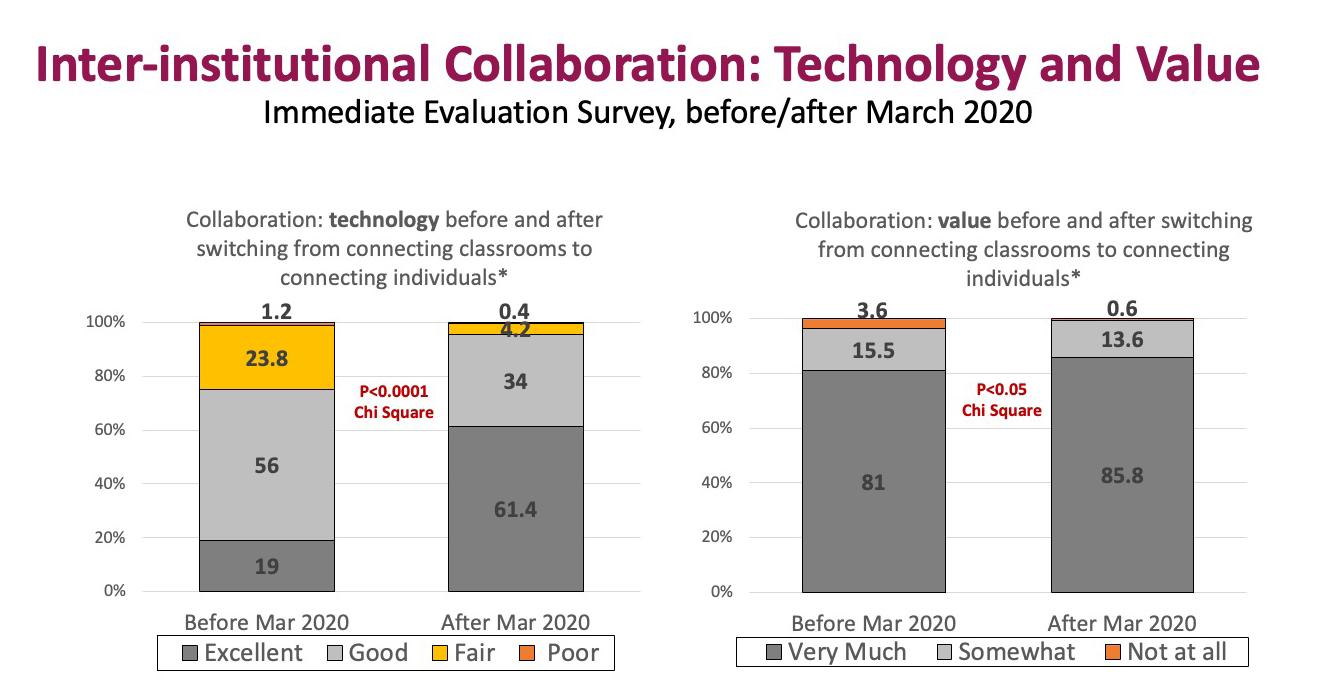
When we first started offering these workshops with our collaborators, we connected (via Zoom) classrooms of learners from each institution. Workshop activities for the most part were carried out between the participants in each institution’s classroom. But in March 2020, due to the pandemic, we had to pivot how we offered these workshops. Instead of our previous model of connecting classrooms of learners via Zoom, we moved to directly connecting individuals via Zoom. This unexpected change had a silver lining: it led to an even more robust and meaningful inter-institutional collaboration. Although attendees really liked the inter-institutional collaboration before this change, satisfaction scores on both the use of technology and the value of the collaboration increased even more once we connected individuals (see Figure 1). Connecting individuals via Zoom allowed for participants from different institutions to meet each other in breakout rooms, and to more easily discuss and problem-solve together on workshop activities. This naturally led to further cross-institutional sharing (directly) of experiences, ideas and best practices. Our evaluation survey responses frequently include stories of novel ideas and practices crossing the boundaries from one institution to another.
We were invited to present on our inter-institutional peer-led RPN Workshop model at ACTS 2022. We are finalizing a paper to describe the experience of the first 4 years. Our next step in 2023 is to provide even more opportunities for connections and learnings through encouraging and engaging an inter-institutional “Community of Practice”, promoting communications and learning from each other beyond the workshops.
“I think it was massively beneficial to be able to connect with other experienced coordinators across the country and gain valuable insight and knowledge related to our roles.”
“It’s great to have a larger pool of presenters and viewpoints. It was also nice to hear that [the institutions] have similar challenges in this area.”
“This is an important collaboration and allows attendees to hear from experts at various institutions for important research topics covered.”
“Although the topics that RPN workshops address are interesting, I would say what is more important and valuable for me is the inter-institutional collaboration. I think this is an incredible opportunity and platform to develop the field of research, with multiple organizations working together and learning strategies other institutions are using.”
Launched in spring 2009, the Evans Center for Interdisciplinary Biomedical Research (ECIBR) and the BU Interdisciplinary Biomedical Research Office (IBRO), established in 2015, both under the founding directorship of Professor Katya Ravid, enhance the long tradition of innovative, collaborative research at Boston University.
Founded on the Medical Campus, the ECIBR provides the groundwork and tools to facilitate biomedical team science. IBRO expands the reach of those efforts to the Charles River Campus, encouraging more robust collaboration across the University and inspiring initiatives that are larger in scope. Both the ECIBR and IBRO provide opportunities for collaborations within Affinity Research Collaboratives (ARCs) organized around foci of common research interests. The extraordinary strength in biomedical and physical sciences at Boston University, and the support and development of the ARCs create opportunities for new interdisciplinary approaches to both research and training in biomedical research. Graduated ARCs have given rise to new research programs and a research center, like the BU Microbiome Research Program and the Center for Regenerative Medicine, respectively.
Discoveries, made by research teams supported by IBRO and the ECIBR, are channeled to BU CTSI for further development of translational research and guidance related to technology developments. For example, cells developed by the regenerative medicine ARC (iPS Bank) were subjected to subsequent translational/drug screening application in human samples with the aid of the CTSI.
For a full list of current ARC Programs, go here

• COVID-19 ARC: Bosmann M, Saeed M., et al, Fatal Neurodissemination and SARS-CoV-2 Tropism in K18-hACE2 Mice Is Only Partially Dependent on hACE2 Expression. Viruses. 2022
• Fibrosis ARC Program: Trojanowska M, and Ligresti G., et al, Dysfunctional ERG signaling drives pulmonary vascular aging and fibrosis. Nature Comm, 2022
• Precision Medicine ARC Program : Lindsay A. Farrer, et al, Alzheimer’s disease associated AKAP9 I2558M mutation alters posttranslational modification and interactome of tau and cellular functions in CRISPR-edited human neuronal cells Aging Cell 2022
• ME-health ARC Program: Borrelli B, Rueras N, Jurasic M. Delivery of a smoking cessation induction intervention via virtual reality headset during a dental cleaning. Transl Behav Med. 2021
• Thrombosis ARC Program: Matsuura S, Thompson CR, Chitalia VC, Ravid K. , et al, Platelet Dysfunction and Thrombosis in JAK2 V617F-Mutated Primary Myelofibrotic Mice. Arterioscler Thromb Vasc Biol. 2022

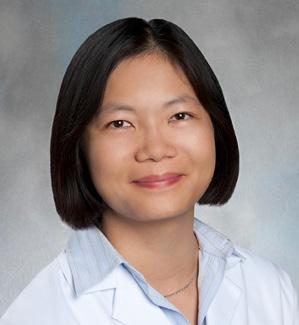
Susan Cheng is the Erika J. Glazer Chair in Women’s Cardiovascular Health and Population Science, director of the Institute for Research on Healthy Aging, and director of Public Health Research in the Smidt Heart Institute at Cedars-Sinai. Cheng is a cardiologist, echocardiographer, and clinician-scientist who leads research programs aimed at uncovering the drivers of cardiovascular aging in women and men.
This year, in particular, the CTSI continued to strive to create a trustworthy environment within our symposium that supports collaboration, cooperation, and co-development of key solutions to tackle the most important individual, community, and population health issues of our day. Our symposium theme was selected this year using a new, more transparent approach. To achieve our goal of reinventing the CTSI’s theme selection process, we partnered with individuals and groups across the BU/BUMC community, BMC colleagues (incl. the BMC Health Equity Accelerator), community based organizations (e.g., community health centers, etc.), and the larger community, including community advisory boards) whom our collective institutions serve. Our new approach queries, collects, and carefully selects a theme most closely representing the discourse and tenor of our shared institutional and scientific environments. Our theme selection committee determined and recommended the theme that best fit the needs of our audience/community using this process.
The COVID-19 pandemic laid bare the urgent need to employ research methodologies better suited to move therapeutics, vaccines, and other interventions more effectively, efficiently, and equitably from bench to bedside to community. Reflecting on lessons learned, this conference focused on successes and opportunities to deploy research, including methodologies that were adapted or expanded, such as community-engaged methods, the use of a learning health system approach, and the application of medical informatics. Our Keynote speaker was Susan Cheng, MD, MMSc, MPH, a clinical cardiologist, statistically trained epidemiologist, faculty mentor, and the director of programs in cardiovascular population sciences, healthy aging, and public health research. Cheng came highly recommended as an excellent translational researcher possessing a wide range of interests and skills. Most importantly, she has been on the front line of COVID-related cardiovascular research and profoundly understands the issues related to COVID-19 and community engagement.
We are pleased to report that in 2022 46 investigators, from across BMC and both BU Medical and Charles River campuses, applied to the Integrated Pilot Award Program sponsored by the BU Clinical &Translational Science Institute (See the pilot awardees here). Twenty pilot projects were funded that totaled $768,305 to investigators across BMC, Chobanian & Avedisian School of Medicine, Department of Medicine, College of Arts and Sciences, College of Engineering, School of Public Health, School of Medicine, School of Social Work, and Goldman School of Dental Medicine.
We are excited that 75% of these one-year pilot awards support early career investigators, with 70% of these awards advancing multidisciplinary team science projects within and across the schools/colleges. Three funded projects supported innovative product development at an early stage of translation to humans. Five projects focused on research relevant to special populations and thematic health issues that comprise a strategic focus of our CTSI and are directly relevant to at-risk populations served by BMC.
The pilot award program seeks to stimulate individual and team science in all areas of translational research related to the prevention, diagnosis, and management of human disease. Awardees are also directly connected to other support mechanisms for their scientific objectives, such as the Affinity Research Collaboratives, or programs that support the development of their ideas along the product development timeline ( BU Ignition Award Program ).
The program director, Frederick L. Ruberg, MD, associate professor of Cardiovascular Medicine is available on a consultative basis to provide potential applicants and awardees with guidance regarding the suitability of their proposed project for a Pilot award or to answer any questions regarding implementation. Pilot awardees are able to access the many CTSI support offerings that may facilitate their projects. Successful funded applications are projects that are multidisciplinary, collaborative, and/or inter-institutional in all areas of translational research related to the prevention, diagnosis, and management of the human disease.
Review Process and Special Thanks to Reviewers
The Pilot program convenes NIH-style study sections to discuss applications and rank priority for funding. Review panels include CTSI leadership, KL2 Scholars, former Pilot grant recipients, and other Investigators at BU/BMC.
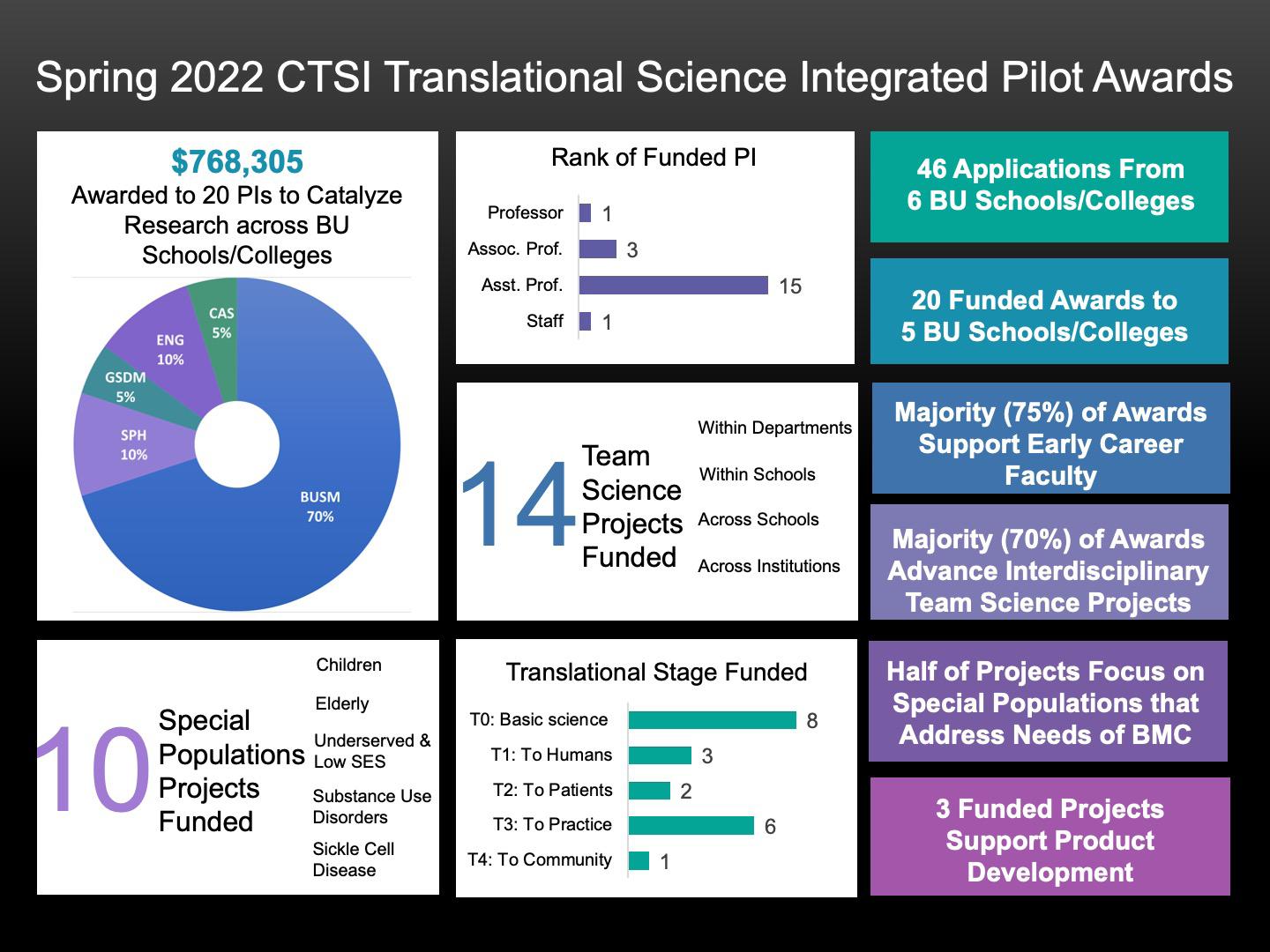
The CTSI leadership wishes to extend a special thank you to the Review Panel Chairs and to all members of the Review Panels for their dedication and time.
Laboratory-based Translational Science
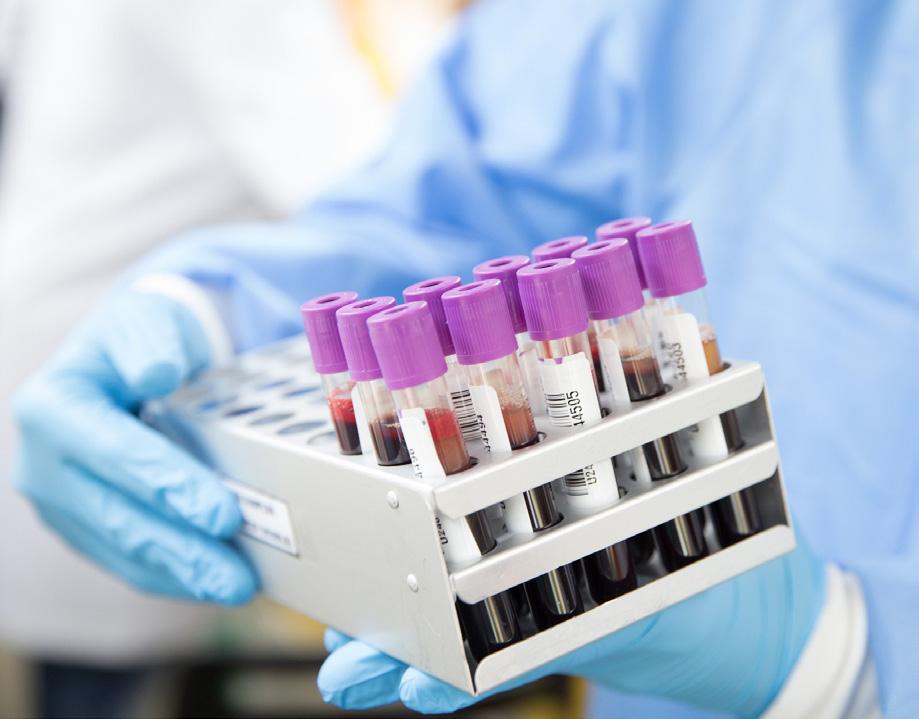
Chair: Andrew Henderson, PhD (DOM/Infectious Disease)
Clinical Translational Science
Chair: Frederick L. Ruberg, MD (DOM/Cardiovascular Medicine)
Implementation and Population Science
Chair: Allan Walkey, MD, MSc (DOM/Pulmonary and Critical Care Medicine) and Mari-Lynn Drainoni, PhD, Med (DOM/Infectious Diseases)
Community Engaged Science
Chair: Tracy Battaglia, MD, MPH (DOM/General Medicine)
regulator of inflammation. When deregulated, IL-4 activity is associated with asthma, allergic inflammation, and contributes to the progression of multiple infectious diseases. The impact of uncontrolled IL-4 activity is particularly evident in asthma, a chronic inflammatory disorder of the lungs that currently impacts 25 million Americans, and is characterized by breathlessness, wheeze and a variable airflow obstruction.
Now with over 50 analogs of our lead IL-4 inhibitor compound, the Vegas-Chen collaboration has identified more potent compounds for IL-4 inhibition and have initiated animal studies to determine their therapeutic potential. Compounds are now being tested in both mouse models of allergic inflammation (asthma) and cancer. Preliminary results show these IL-4 inhibitors have potent therapeutic effects with versatility in how they are administered (IV, IP, or even topically).
“The CTSI Pilot Program funding has been essential in enabling the investigators to obtain this crucial in vivo data that will strengthen NIH grant proposals over the coming cycles.”

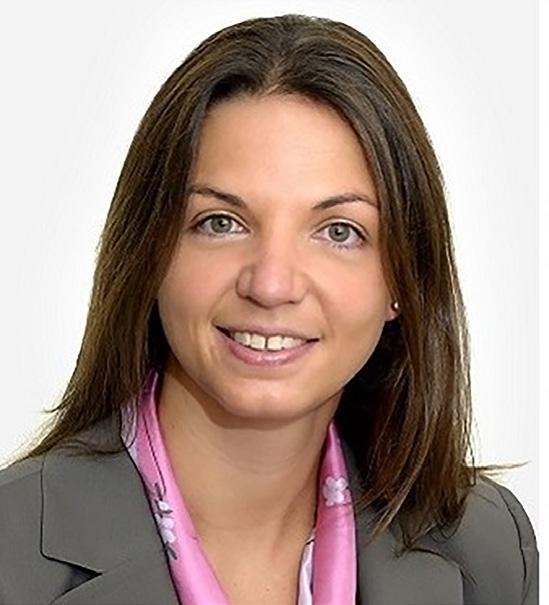
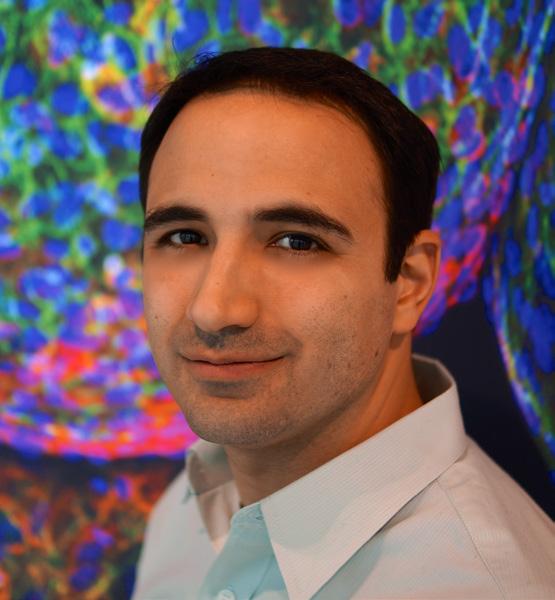
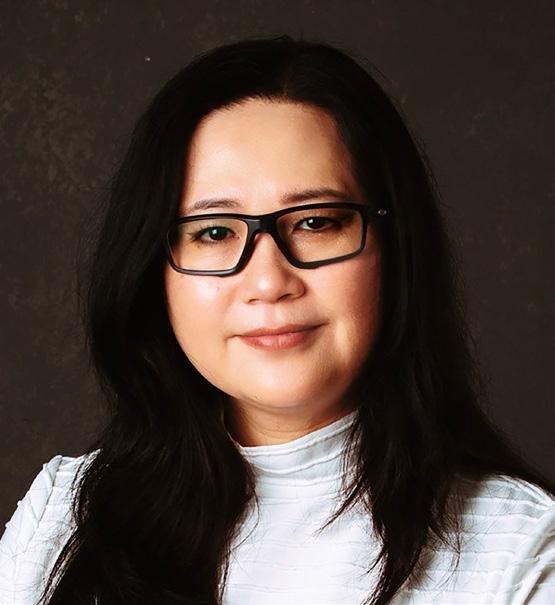
The study will conduct a multicenter Hybrid Effectiveness/Implementation trial to test the hypothesis that the use of noninvasive, bi-level positive airway pressure (BiPAP) ventilation as supportive care for hospitalized pediatric patients with sickle cell disease is 1) effective at preventing the development and progression of acute chest syndrome (ACS), and 2) feasible to implement across a broad range of institutions. The Department of Pediatrics has been using BiPAP as supportive care on the general pediatrics inpatient unit to prevent ACS since 2017. While BiPAP is a safe and effective treatment for ACS when used in the ICU setting, its use as a preventive therapy – specifically in a non-ICU setting – has never been tested.

Preliminary results suggest that BiPAP may be effective at preventing respiratory decompensation and escalation to ICU level care for high risk patients with hospitalized SCD. Qualitative interviews with members of the pediatric inpatient team are providing important data regarding factors associated with successful implementation of BiPAP use for this novel indication on a general pediatrics unit.
“Taken together, data from this CTSI Pilot Program study will provide critical information to inform the design of a future multicenter hybrid intervention effectiveness/implementation trial and provide preliminary data to strengthen NIH grant proposals on this important topic.”
Arturo Vegas, PhD Assist. Prof. (Chem, BME, MSE) Felicia Chen, MD Assist. Prof. of Medecine (Chobanian & Avedisian School of Medicine) Robyn T. Cohen, MD Assoc. Prof. of Pediatrics (Chobanian & Avedisian School of Medicine) Caitlin Neri, MD Assist. Prof. of Pediatrics (Chobanian & Avedisian School of Medicine) Elizabeth S. Klings, MD Professor. of Medicine (Chobanian & Avedisian School of Medicine)The BU Biomedical Engineering and the BU Clinical and Translational Science Institute restarted our collaborative program, the Bridge BUilders Initiative. The Initiative is designed to accelerate development of clinician-inspired medical device innovations by partnering with a team with expertise in engineering design and product development. Bridge BUilders work with physicians, dental clinicians and other members of the BU Medical Campus to identify a medical device clinical challenge, such as an early product idea, or a project already underway that could benefit from additional development. A team of graduate biomedical engineers work part-time under clinical guidance while they complete their master’s degree studies at the BU College of Engineering.
Past projects include: a neonatal monitoring system, a robotic retraction system, and a transseptal needle deployment system.

Project outcomes range from initial engineering development, to IRB protocol preparation, to IP filing.
This year the team has focused on two projects:
• Working with Robert L. Walker III, MD MS (BMC Neurosurgery), a clamping device was designed to be used during an endobronchial ultrasound (EBUS) procedure. During the procedure, the bronchoscope needs to be manually rotated and held in place by another individual for each site that needs to be biopsied. This clamp aims to both hold the scope in the proper position and eliminate the need for two clinicians to be present during this procedure.
• Working with Kathy Alikhani, DMD, (BUSDM, Endodontics), a novel x-ray guide was designed to be used during root canal procedures. One of the many challenges associated with this procedure is capturing x-rays that show the entire length of the roots. The x-ray guide aims to achieve adequate images that will allow for a shorter procedure time and less radiation exposure to both the patient and the staff.
High-throughput technologies (e.g., microarrays, RNA and DNA sequencing) provide access to detailed readouts of molecular processes (e.g., transcriptional activity) in clinical patient samples. As the generation of this output has become routine, the current challenges faced by those working with such data are its management (storage, curation, sharing, processing), but more importantly, linking it to the corresponding clinical and demographic metadata and accurately recording the process by which results are generated from analysis of this data. Academic translational researchers typically address these obstacles with a patchwork of local solutions that often require a substantial amount of overhead to implement, maintain, and adopt, while it can be surprisingly fragile. Moreover, the community has not coalesced around a common set of tools, keeping the barrier to entry high and discouraging most groups from adopting any robust data management strategy. Therefore, there is a critical unmet need for a free, flexible, easy-to-use, extensible and open-source software that can integrate data from all phases of high-throughput translational research. To address this need, we are developing GeneHive, a freely available, user-friendly data storage system that can accommodate and integrate clinical, demographic, molecular and analytical data. It can also enable translational investigators to connect clinical and molecular parameters and to facilitate full reproducibility of analytic results.
A client-side R package that provides functionality for working with a GeneHive server is freely available here

The COVID-19 pandemic transformed the delivery of Office Based Addiction Treatment (OBAT) care to patients at Boston Medical Center (BMC) including longer prescription intervals, telemedicine replacing in-person encounters, and fewer toxicology assessments. It is critical to study these types of transformations as they may result in higher barriers to initiating treatment for some with opioid use disorder (OUD) and lower barriers to initiating treatment for others with OUD. Additionally, the stressors associated with COVID-19 pandemic exposure may impact substance use and related consequences, healthcare access, disenrollment in OBAT, medication adherence for opioid use disorder, quality of life, and other important outcomes.
The aims of the COVID-19 and Office Based Addiction Treatment (COBAT) study are to 1) assess the impact of pandemic exposure on OBAT patients, including retention in OBAT, substance use, and quality of life, and 2) describe and understand treatment and patient factors associated with outcomes of interest. To achieve these aims they have taken a mixed-methods approach by enrolling 150 BMC OBAT patients into a longitudinal cohort study, and collecting data at two time points (baseline, and 6-month follow-up) that include quantitative measures of pandemic exposure, substance use and consequences, healthcare access, medication adherence, etc. Additionally, they conducted qualitative interviews on a subsample of these participants as well as a sample of BMC OBAT providers to understand perspectives on OBAT treatment innovations. Of the 150 BMC OBAT enrollees, all completed baseline data collection, 63 also completed the 6-month follow-up assessment, two have been lost to follow-up, and 85 are due to complete their 6-month follow-up assessment in the coming months. They completed a total of 25 qualitative interviews among these patient participants, and 16 qualitative interviews among BMC OBAT providers. Analysis is underway for the qualitative patient and provider data.
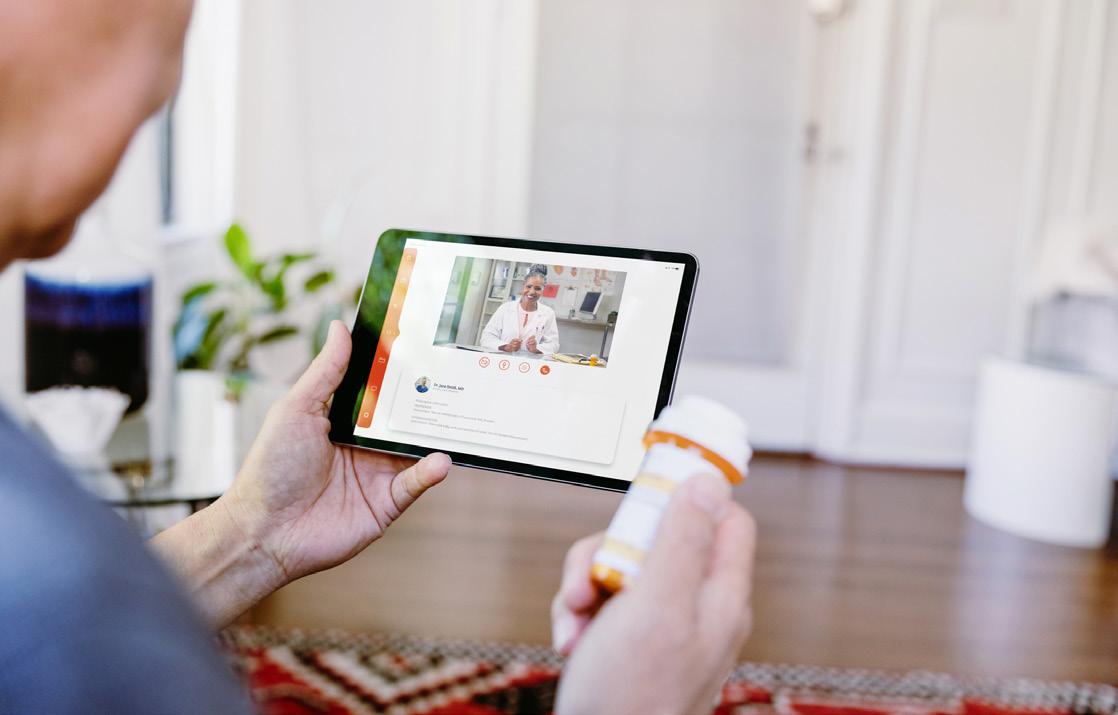

For CTSI researchers interested in pursuing commercialization of their idea, we work with Rana K. Gupta, director, faculty entrepreneurship. Whether the researcher’s notion of commercialization is licensing to a third party or their own startup, Gupta’s portfolio of programs can assist them with understanding how to proceed to achieve that objective. Gupta offers an array of programs ranging from one-on-one entrepreneurial experts to a mentor program where in he identifies industry and/or business mentors to assist researchers during their journey. Gupta also offers several more structured programs such as NSF’s I-Corps, perfect pitch, regulatory, reimbursement tutorials (customized for either a licensee or investor), and an internal funding program called the Ignition Awards. Combined, the above suite of programs are designed to help researchers identify the market need and package the idea for prospective investors or licensees.
For more information, please contact the Director of Faculty Entrepreneurship, Rana K Gupta, at rkgupta@bu.edu or call 617-353-0606.
New treatments take far too long to develop, require an average of 10–15 years and fail 95 percent of the time. This infographic shows how translational science is improving the process to get more treatments to more patients more quickly.
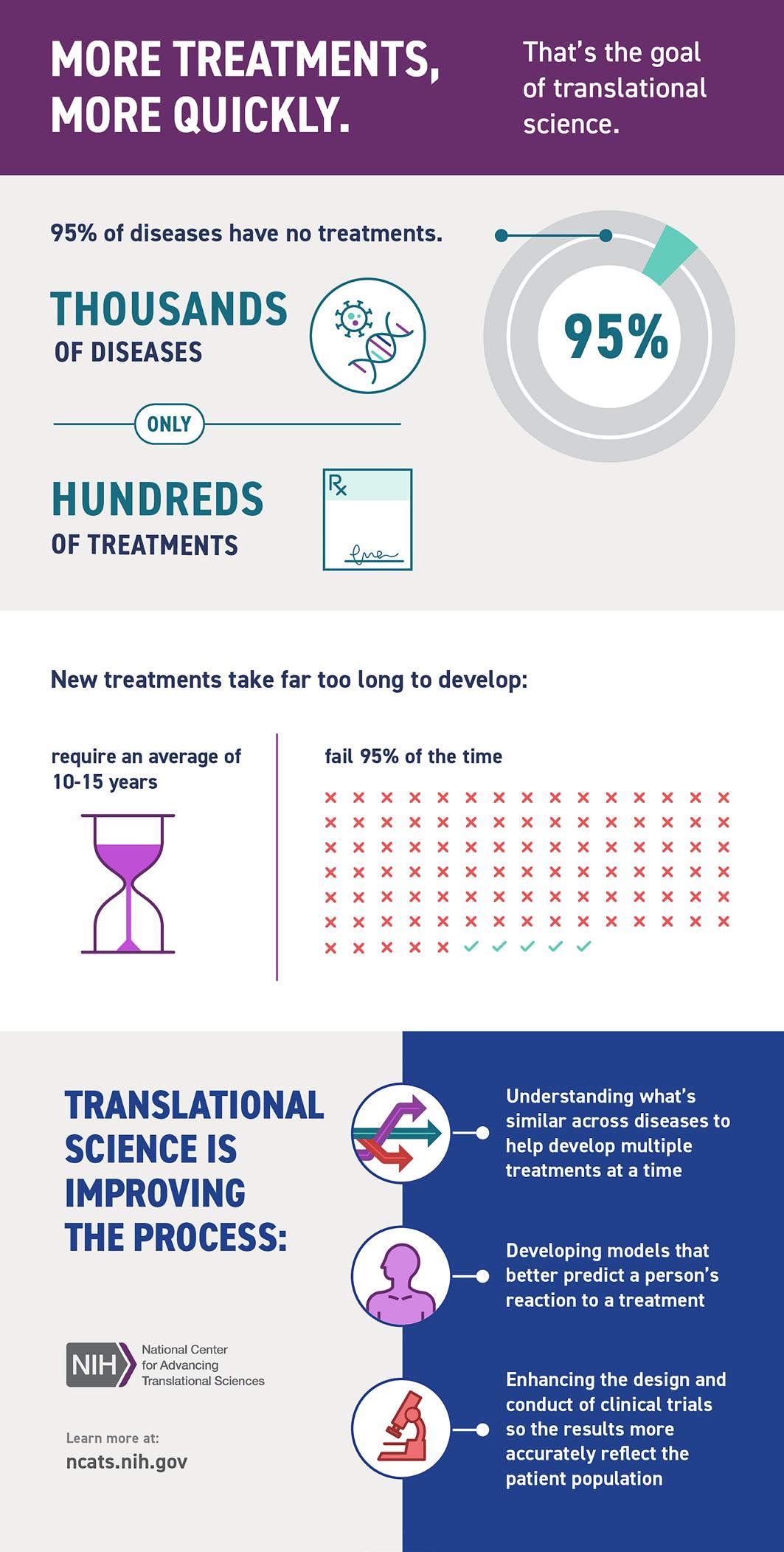
Credit: National Center for Advancing Translational Sciences
All offerings and awards are made within the CTSI grant cycle from April 1-March 31st of each year through the end of the grant (March 31, 2025)- In some special circumstances award dates might differ. The CTSI will release RFA’s for all of the offerings with specific information regarding each program, due dates, and application instructions.
Research investigators can request no-cost consultations from various BU CTSI services at any point during their research study. Requests can be made during or even before submission for IRB approval. BU CTSI program directors and staff will spend up to two hours on consultations related to your research. To find out more about consults or to learn more about BU CTSI’s no-cost consults, please visit the Research Navigator page.
A list of resources was created to assist study teams with the new IRB application requirement for investigator-initiated, single-site clinical trials.

“With Support from the BU CTSI’s staff and faculty, participants learn more and are encouraged to use the CTSI’s Offerings & Resources aimed to help them build their research support networks to ensure the success of their research projects.”
JUST SOME OF THE WAYS BU CTSI HAS SUPPORTED RESEARCHERS & IS CREATING IMPACT
We can help your research, too! Contact us: ctsisvcs@bu.edu
486 INVESTIGATORS were helped with protocols to improve IRB efficiency
570 INVESTIGATORS used consultations for biostatistics and research design to strengthen their publications
$3.8M+ In PILOT AWARDS to faculty to catalyze translational research led to $74.9M+ In GRANTS, 157 PUBLICATIONS, 5 INVENTIONS, & 4 PROVISIONAL IPS
3 COMMUNITY ENGAGEMENT PARTNERSHIP AWARDS have been given to community partners in Boston and Ghana
267 INVESTIGATORS formed 10 Affinity Research Collaboratives (ARCs) to chart new directions using novel interdisciplinary approaches, which has catalyzed 516 publications & 213 grants
612 RESEARCH STAFF in the Research Professional Network (RPN)
19,797 OUTPATIENT VISITS to the General Clinical Research Unit (GCRU) since 2019
$277,709 IN VOUCHER AWARDS helped support postdocs and faculty who may have limited resources or are unfunded
57 FACULTY took the Career Development Award Workshop Series to write competitive proposals
16 FACULTY & STAFF joined the KL2 Career Develoment Award Program
14 (2 NEW) informatics tools & consults available

30 PREDOCS & POSTDOCS accepted into the TL1 Training Program in Regenerative Medicine
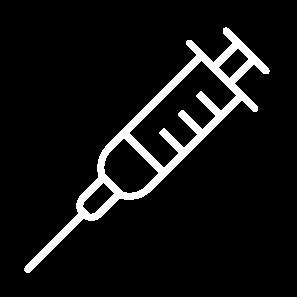
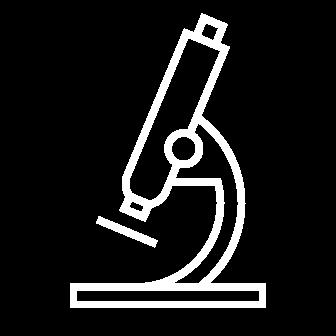
CREATIONG IMPACT GLOBALLY

82 POLICY DOCUMENTS from 12 countries & 12 intergovernmental organizations were created from CTSI publications
• 14,150 Citations
• 2,860 + News Stories
• 3 Patents
17 CLINICAL GUIDANCE Policies were created from CTSI publications
CTSI Administration
ClinicalTrials.gov
Helia Morris, MSM | Executive Director, CTSI
Hubert Wong | Assistant Director of Finance and Operations
Nick Trombley | Program Administrator
Reyna Stuppard | Finance & Operations Administrator
hmorris@bu.edu
hswong@bu.edu
nst5775@bu.edu
rstuppard@bu.edu
Karla Damus, PhD, MSPH, MN, RN FAAN | Administrator, ClinicalTrials.gov damusk@bu.edu
Clinical Trials Network Trial Innovation Network (TIN) Director: George O’Connor, MD Point of Contact: Helia Morris, MSM goconnor@bu.edu hmorris@bu.edu
Communications Nesrine Hadjiat, MBA | Communications and Outreach Specialist nhadjiat@bu.edu
Community Engagement Rebecca Lobb, ScD, MPH | Assistant Director of Community Engagement lobbrebe@bu.edu
General Clinical Research Unit (GCRU)
Ridiane Denis, BS, RN, MD | Director of Clinical Research and Operations ridianed@bu.edu
Integrated Pilot Funding Frederick L. Ruberg, MD | Program Director Hubert Wong | Assistant Director of Finance and Operations frruberg@bu.edu hswong@bu.edu
Program Evaluation Deborah Fournier, PhD | Research & Evaluation; Director, CTSI Evaluation Program
Kayla Kuhfeldt, MPH |Assistant Director, Program Evaluation
fournier@bu.edu kaylakuh@bu.edu
Research Navigator Team (RNT) Myriam Castagne, MD | Senior Research Navigator Myriam.Castagne@bmc.org ctsisvcs@bu.edu
Regulatory Consultations Mary-Tara Roth, RN, MSN, MPH | Director, Clinical Research Resources Office mtroth@bu.edu
Research Professionals Network (RPN)
Workforce Development
Mary-Tara Roth, RN, MSN, MPH | Director, Clinical Research Resources Office mtroth@bu.edu
Karen E. Lasser, MD, MPH Natalia E. Morone, MD, MS K aren.Lasser@bmc.org Natalia.Morone@bmc.org
Guides recipients of BU CTSI services, resources, or funding for projects or research through the grant citation process. All recipients are required to cite our grant number in associated presentations and journal publications.
